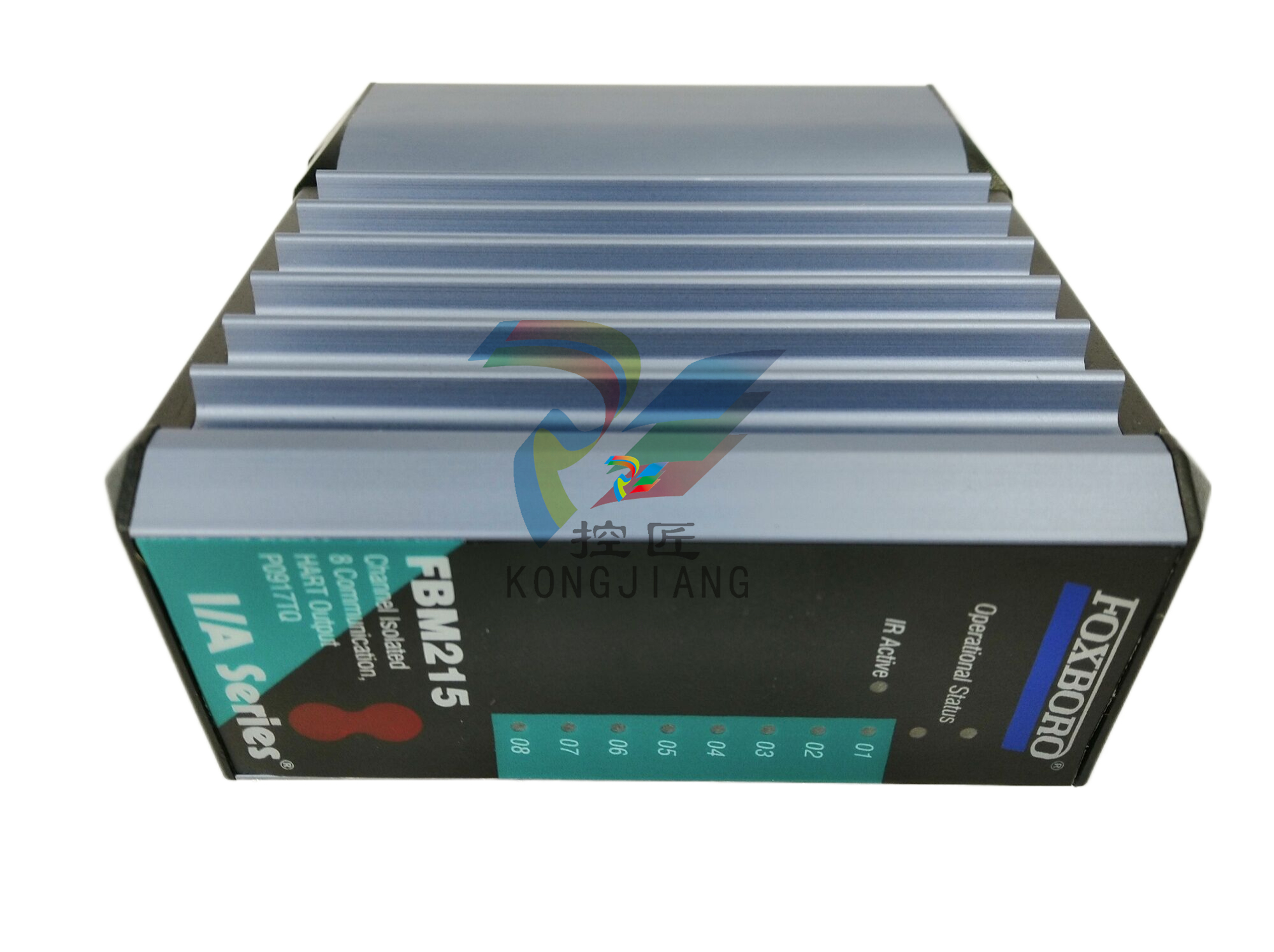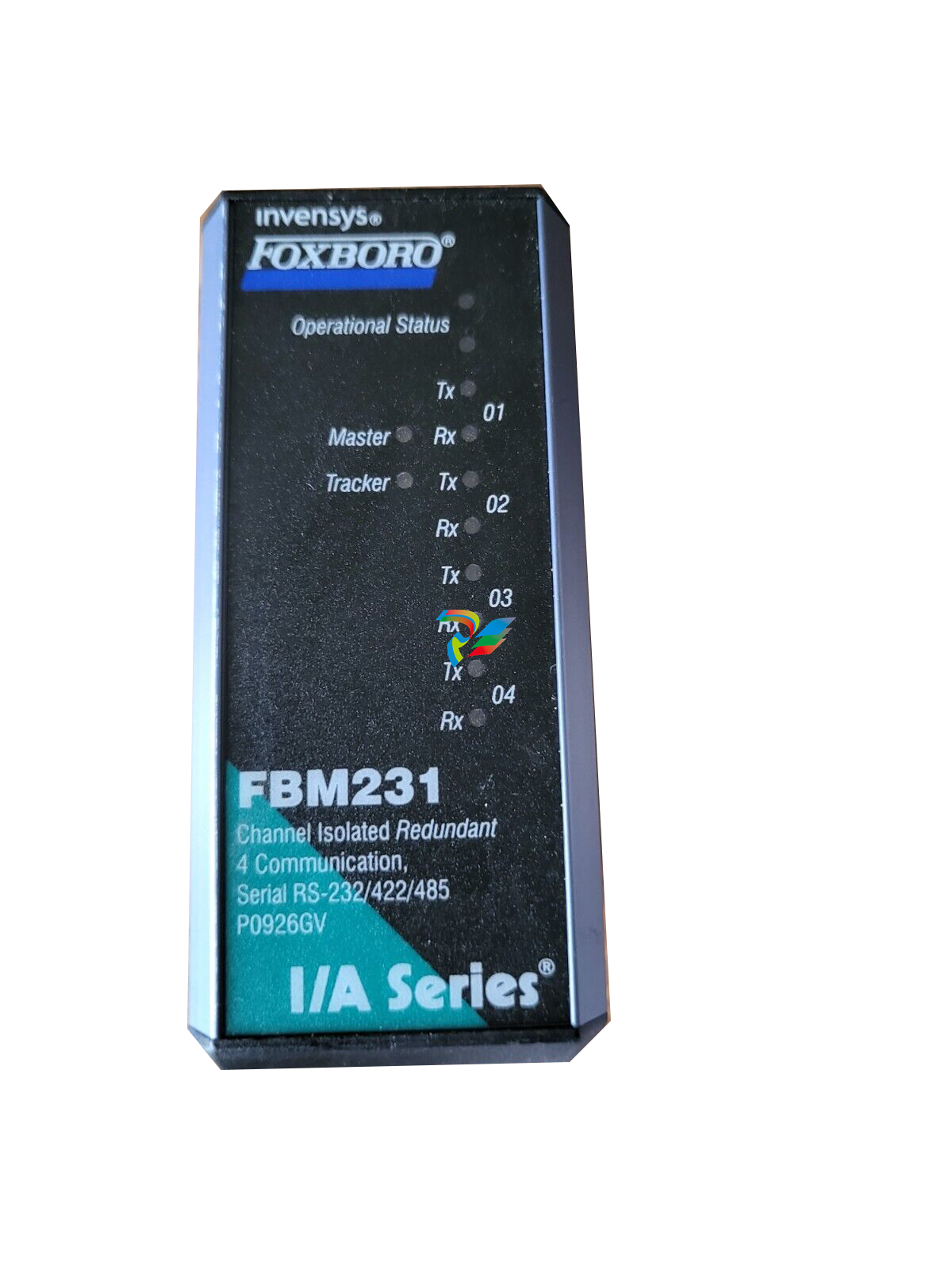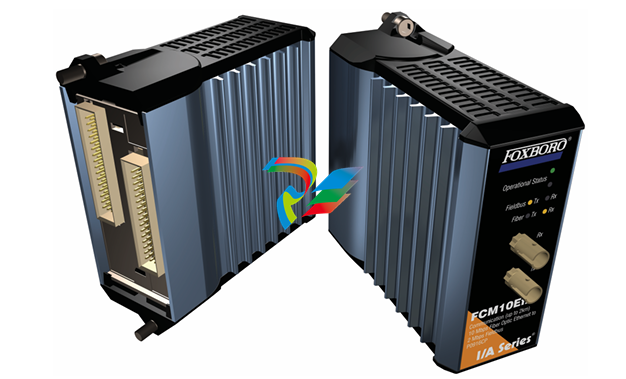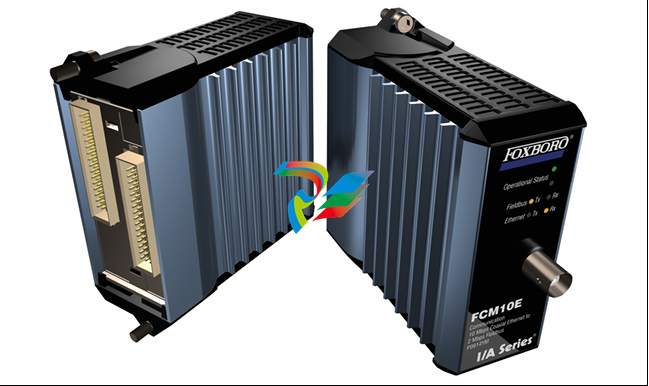
How Modular Automation Is Helping to Create the Chemical Process Control Systems of the Future
This approach is what has made the concept of plug and produce possible. Now a new module can be dropped into existing process and be able to function seamlessly within the wider automation architecture, with the MTP performing a similar role to that of a driver installed on a PC. As well as speeding up implementation, this approach also makes it easier to duplicate operations across multiple sites and establish consistent best practices.
Unlocking new possibilities
For chemical producers, the possibilities offered by the 'plug-and-produce' model offer an attractive route to accelerating time-to-market, boosting uptime and cutting production costs. Furthermore, by enabling manufacturers to swiftly adapt and number up or down their processes and systems to meet customer and market demands, it offers a way of streamlining the introduction of new products and adjusting production capacity with minimal engineering effort.
By adopting standardized modules and interfaces, modular automation enables plants to achieve greater engineering efficiencies, leading to cost reductions. Processes can be designed and tested without the need for actual hardware, and maintenance becomes more straightforward and cost-effective, as individual modules can be serviced without taking the entire system offline.
Moreover, modular automation supports a granular approach to data collection, allowing for the optimization of individual production line components. It also aligns with 'cybersecure by design' strategies, providing compartmentalized security safeguards that can contain cyber threats more effectively than monolithic systems, potentially without halting production.
This modular approach is particularly suited to the specialized requirements of fine chemical production, with its small volumes, short production runs, or parallel production of multiple products in limited quantities. It provides a more standardized, off-the-shelf alternative to traditional monolithic systems, helping chemical companies address workforce shortages and reduce reliance on expensive Engineering, Procurement, and Construction (EPC) services for automation system design, implementation, and maintenance.
The chemical industry is on the cusp of a technological revolution, with modular automation and the Internet of Things (IoT) converging to offer unprecedented real-time data and automation capabilities. Modular automation, combined with IoT, is not only transforming plant design and fabrication but also providing cost-effective solutions that simplify engineering, increase production flexibility, and help chemical producers seize new market opportunities.
IoT sensors are enabling real-time process monitoring, predictive maintenance, supply chain optimization, energy conservation, and remote monitoring and control, all of which enhance product quality, safety, plant efficiency and environmental compliance.
Setting the formula for the process control systems of the future
In conclusion, the integration of IoT with modular automation is catalyzing a transformation in the chemical industry, enhancing safety, efficiency, product quality, and environmental sustainability. As the industry faces current and future challenges, these technologies are together poised to create the chemical process control systems of the future that will unlock new potential for enhanced production and performance.
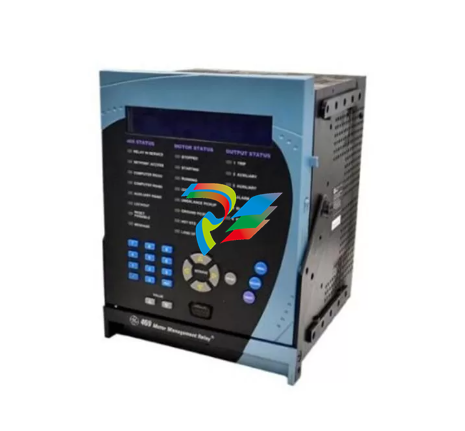
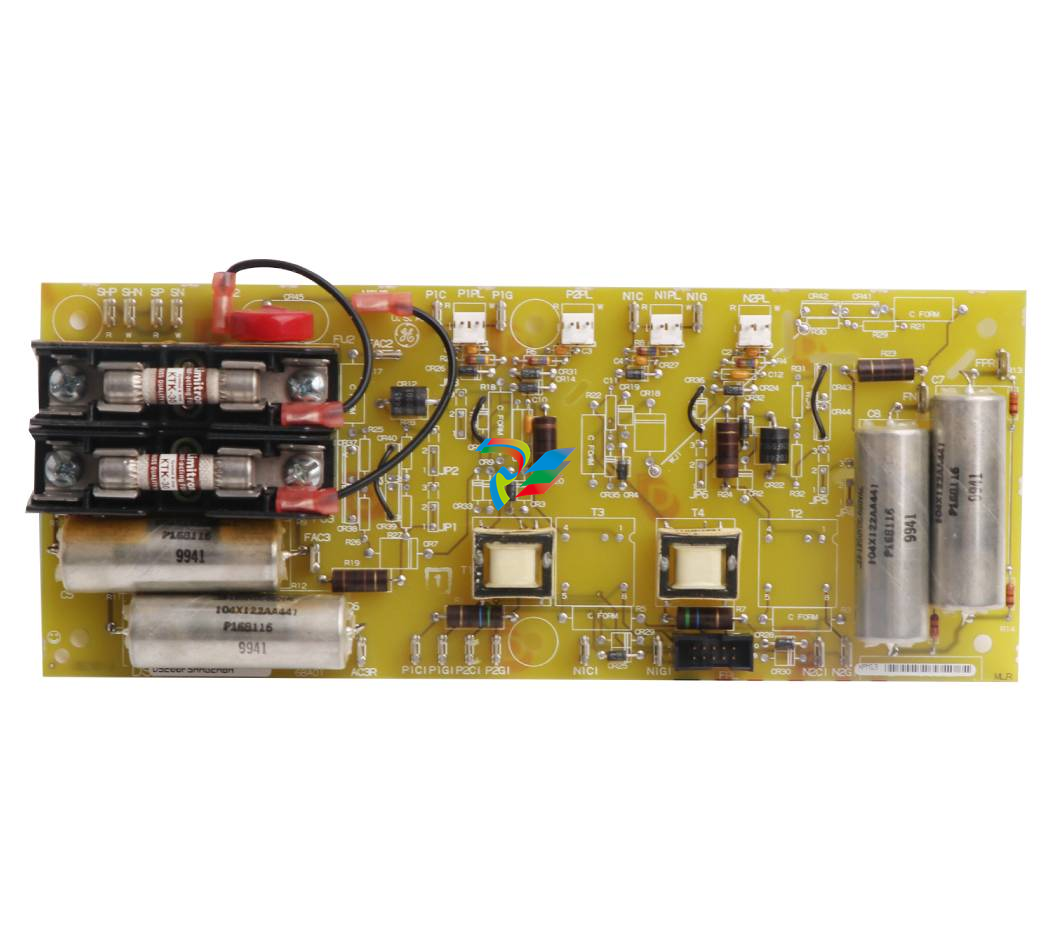
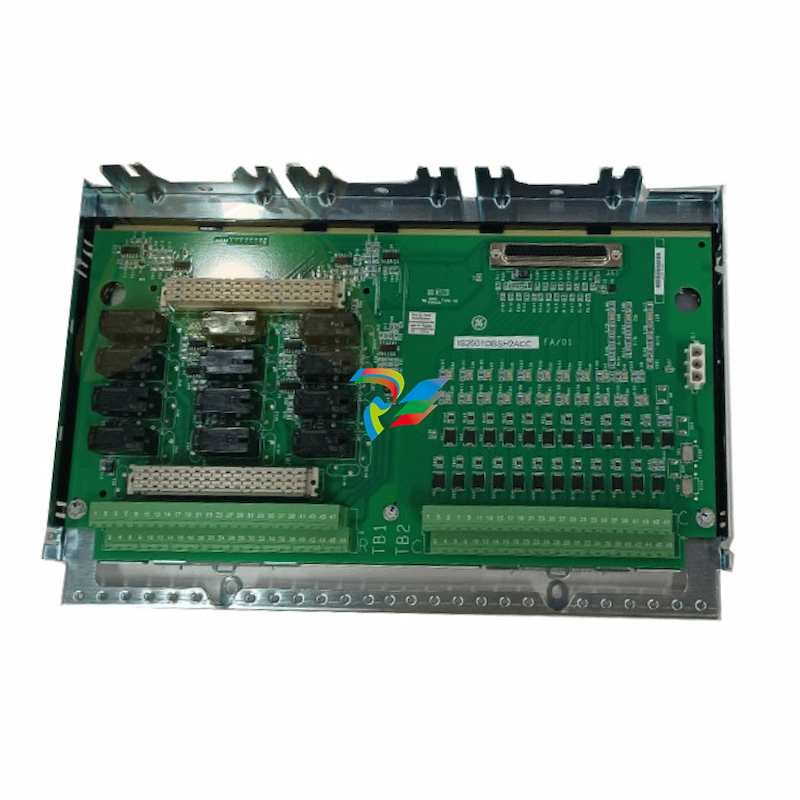
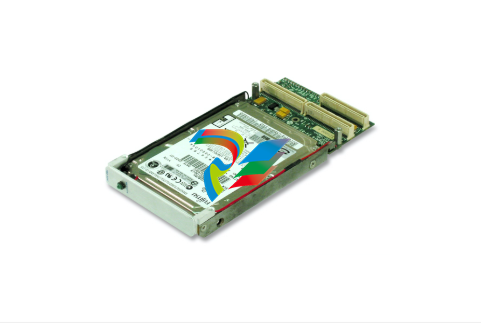
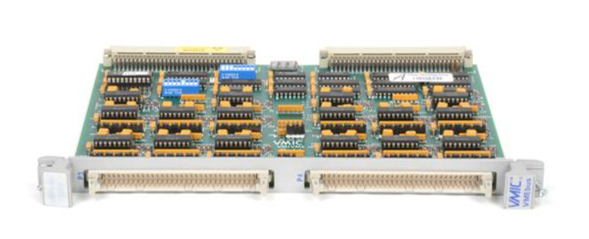
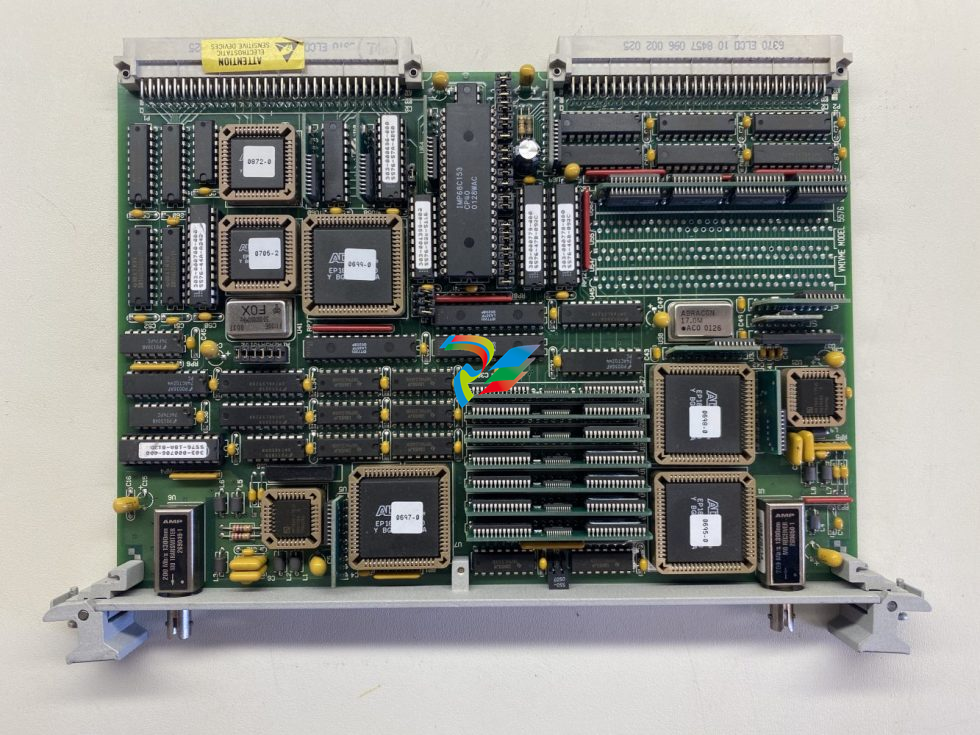
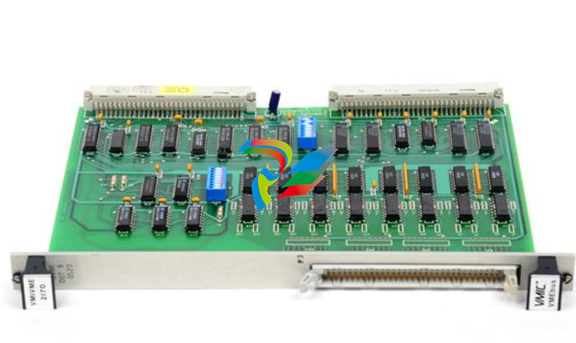
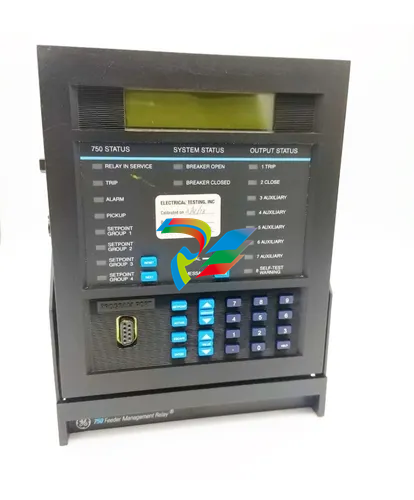
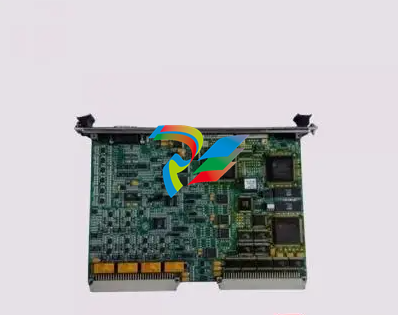
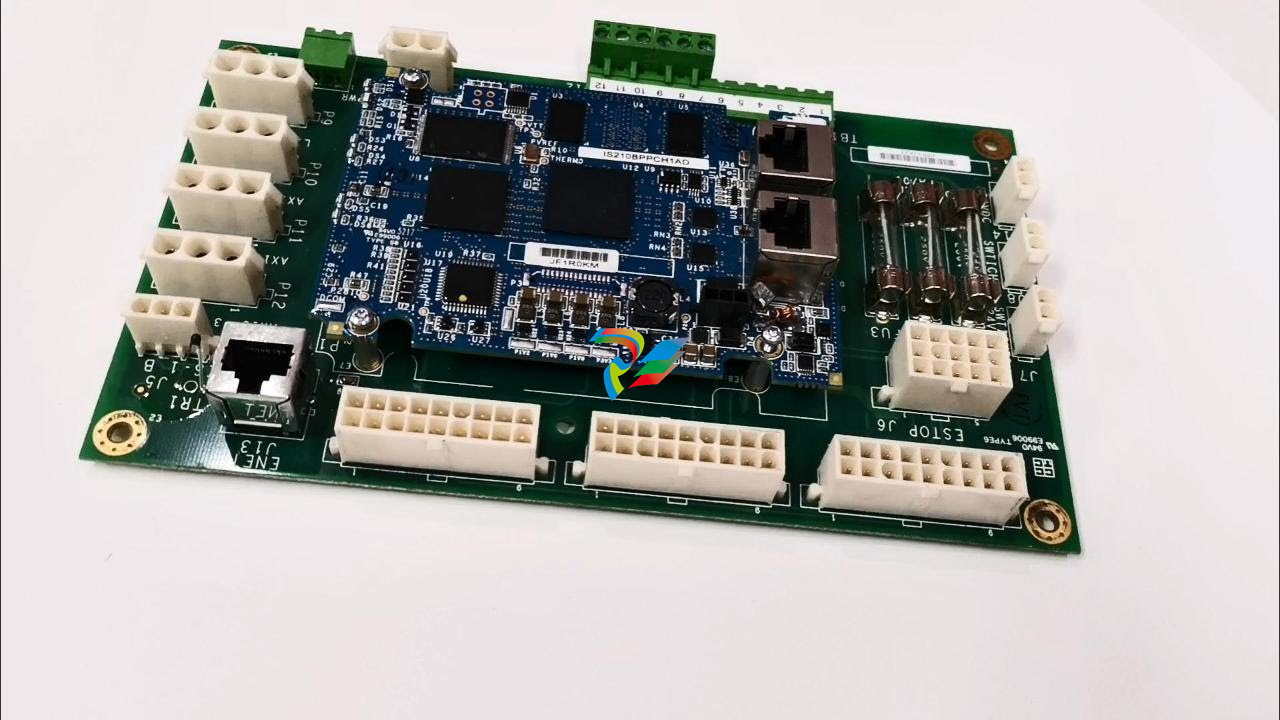
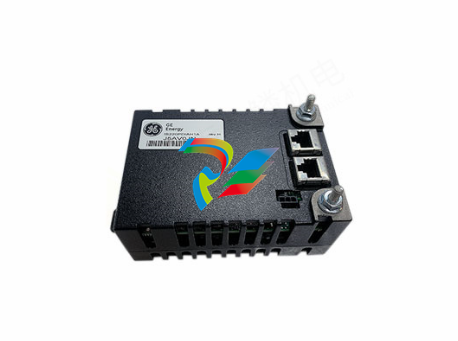
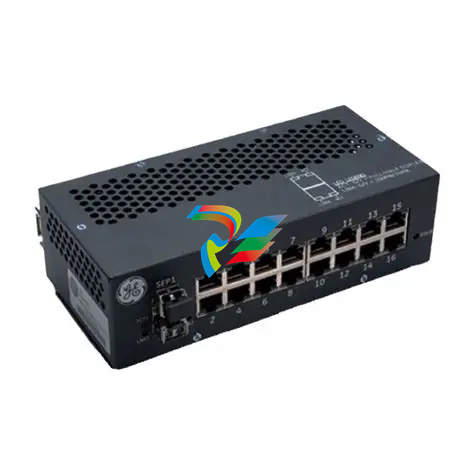
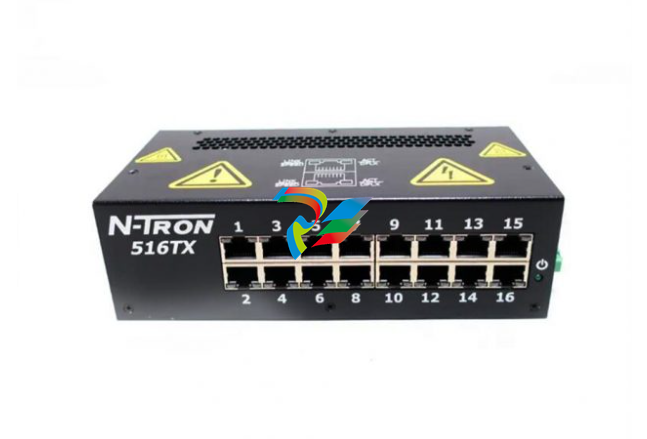
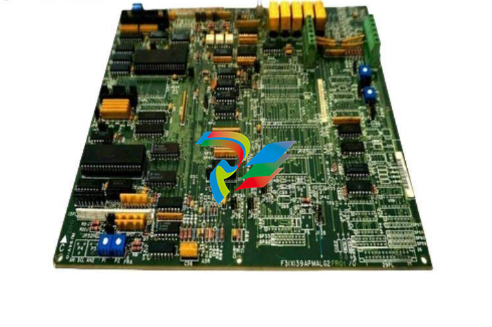
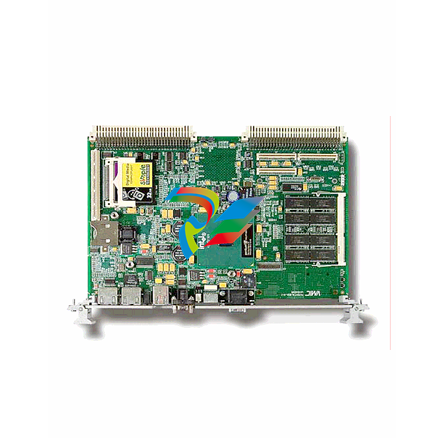
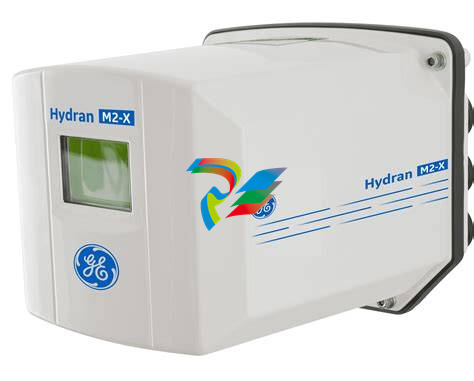
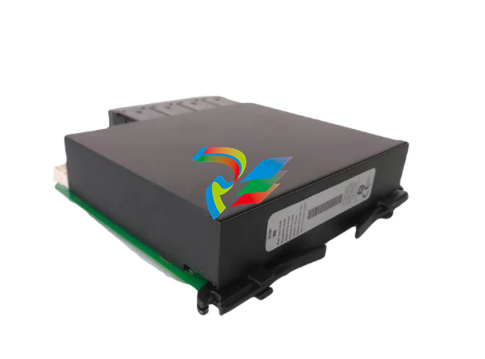
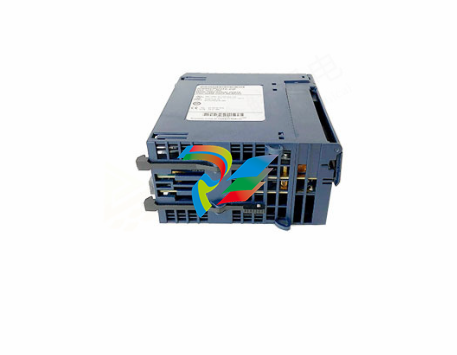
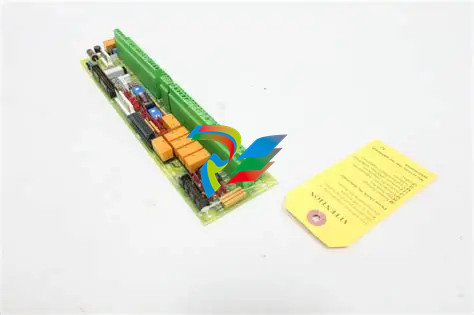
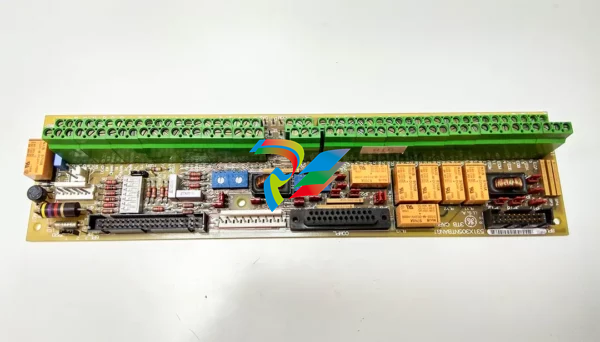
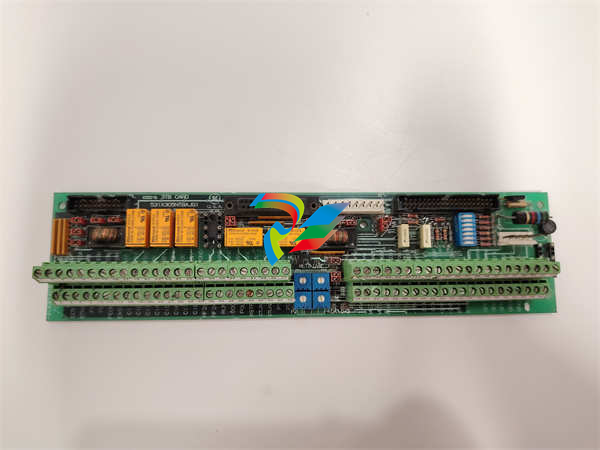

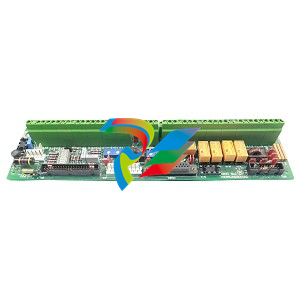
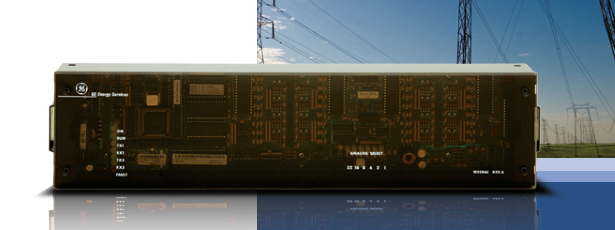
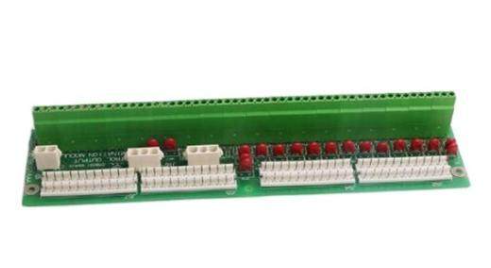
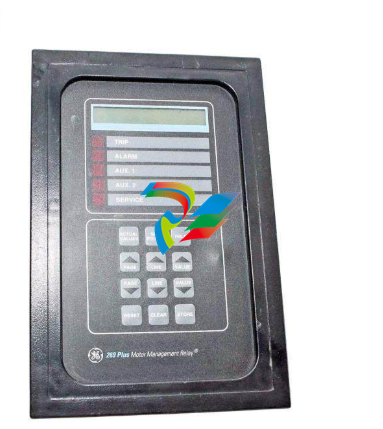
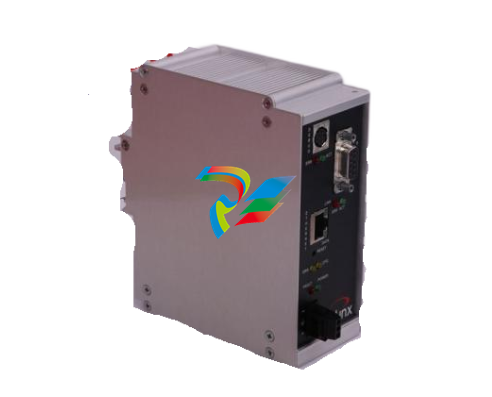
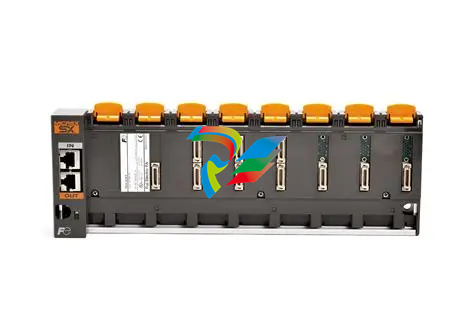
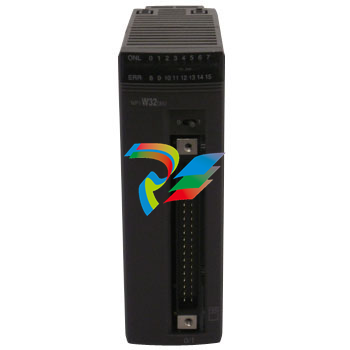
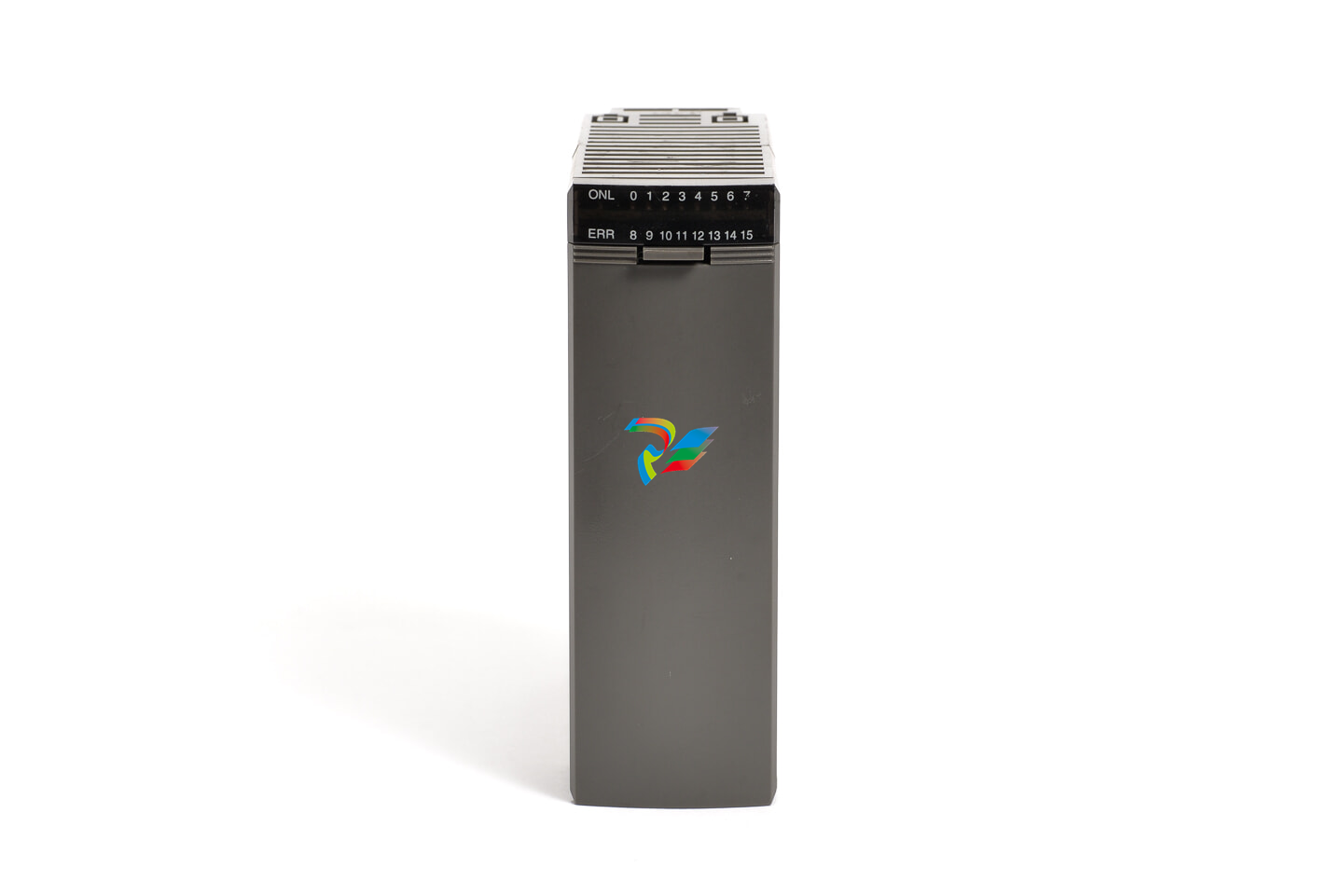
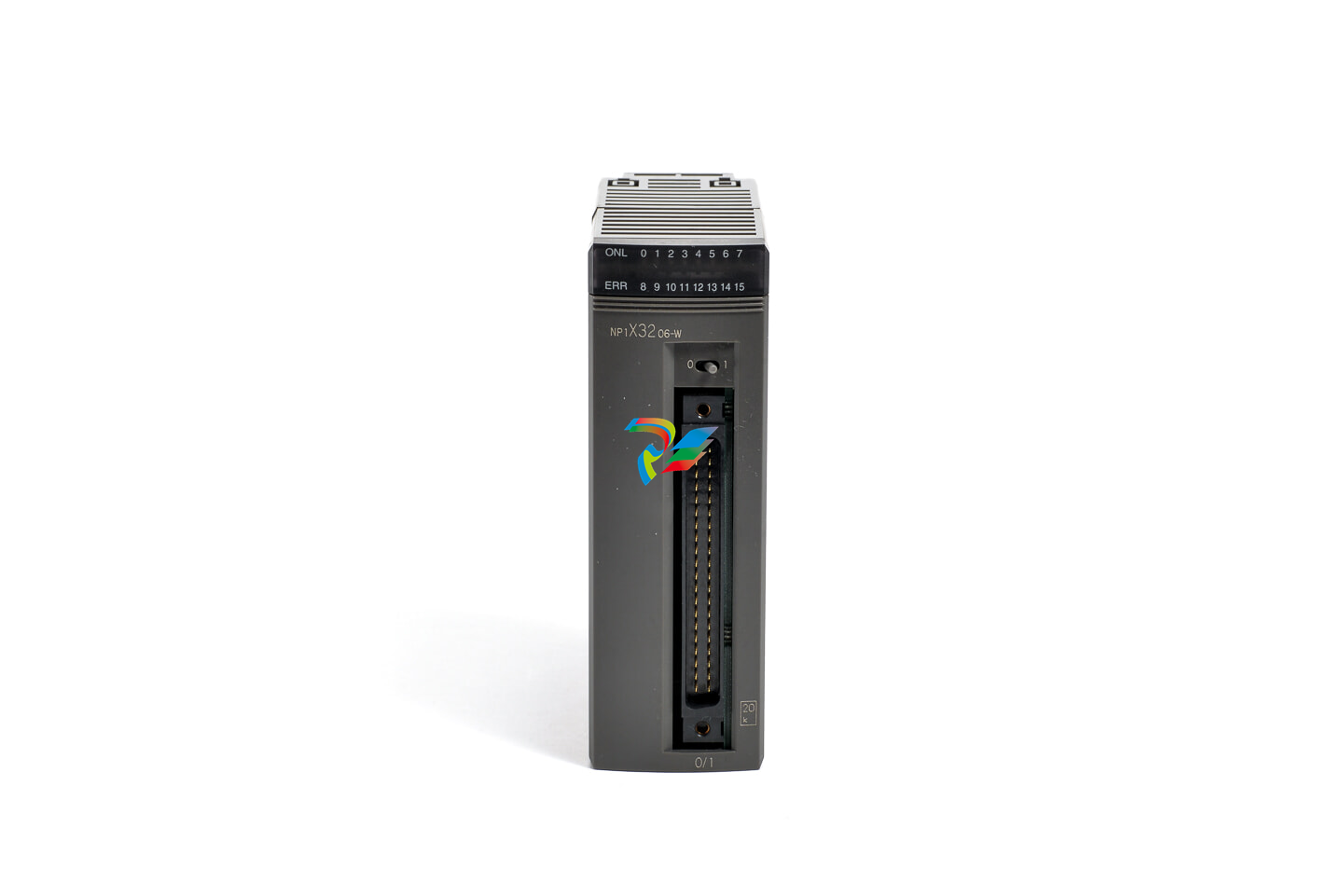
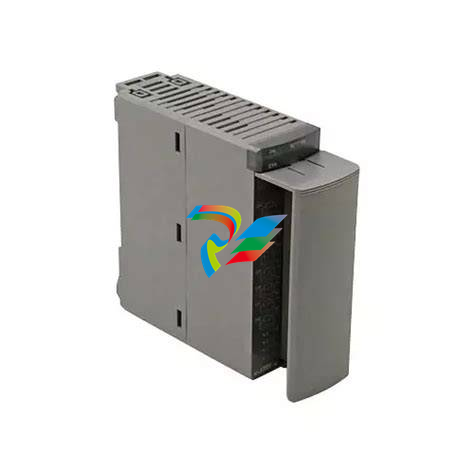
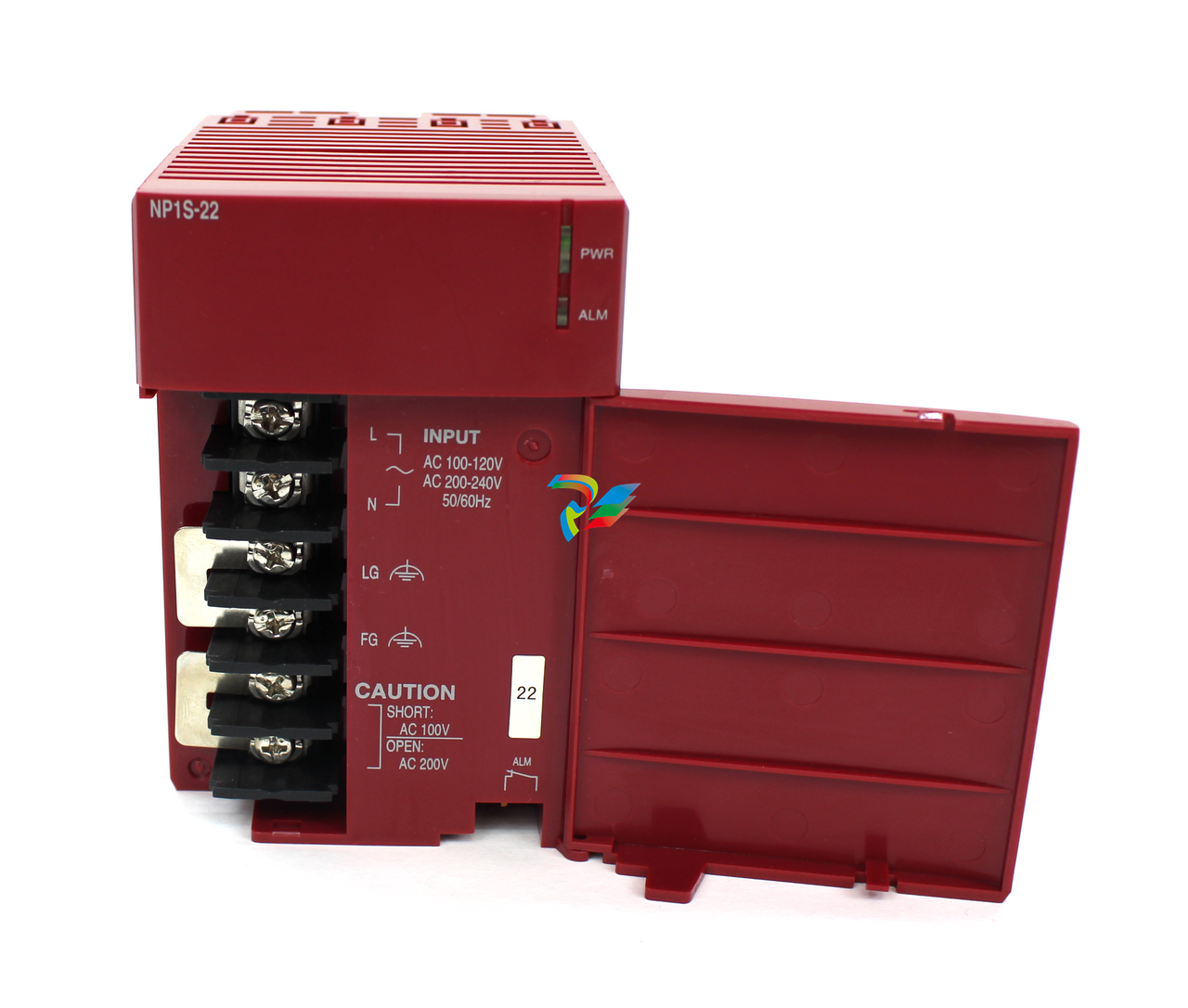
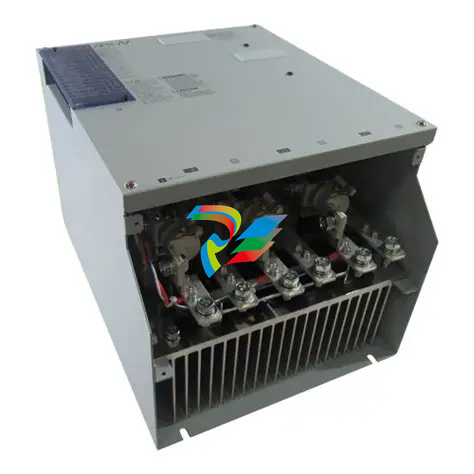
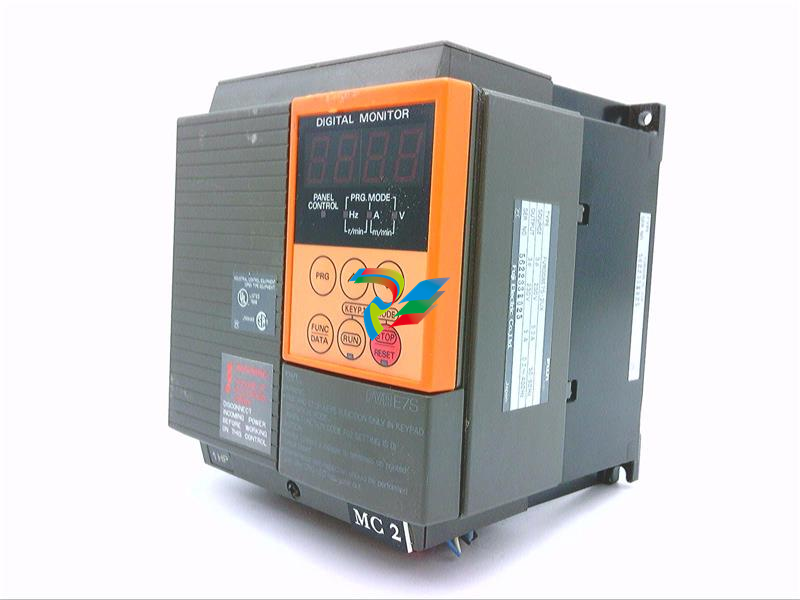
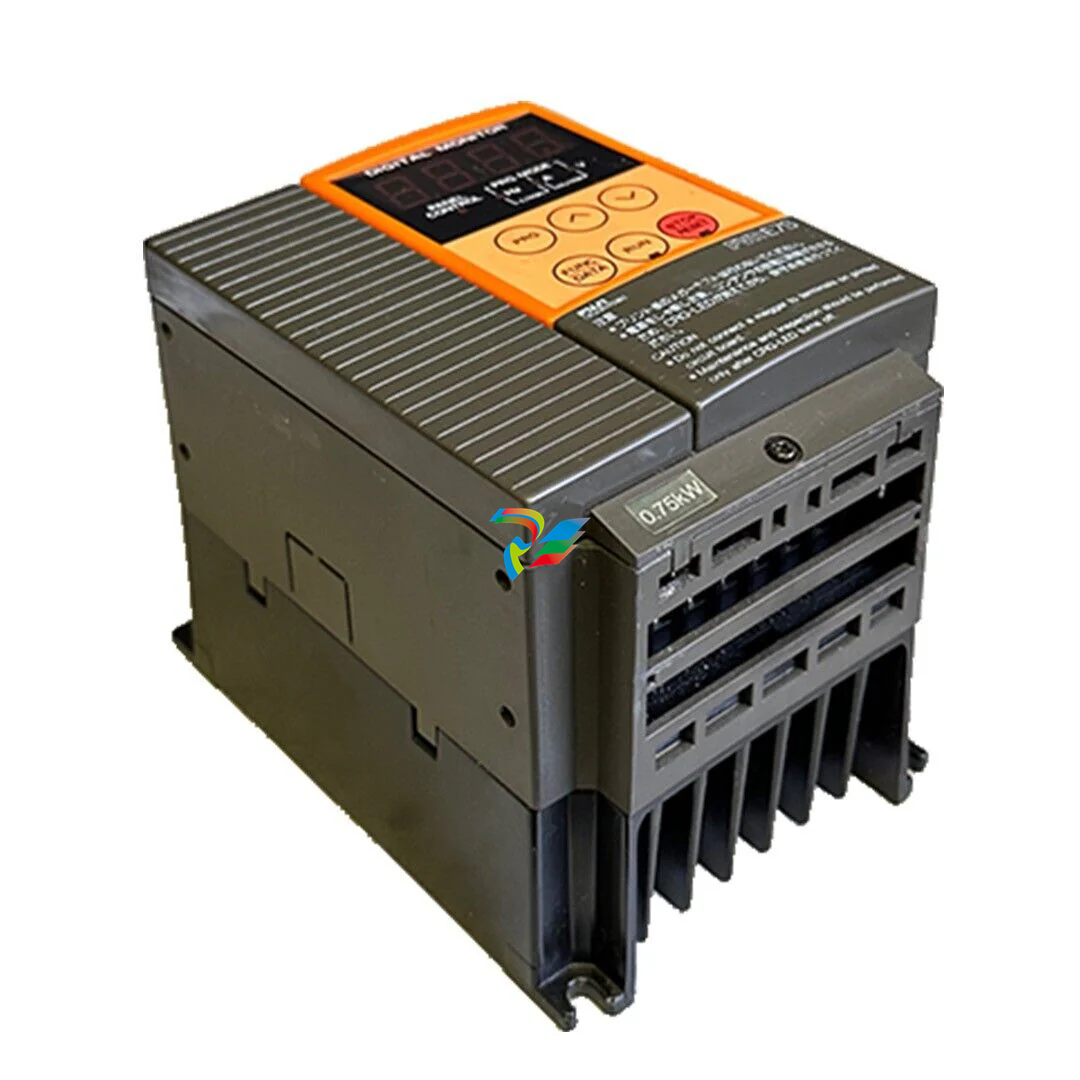
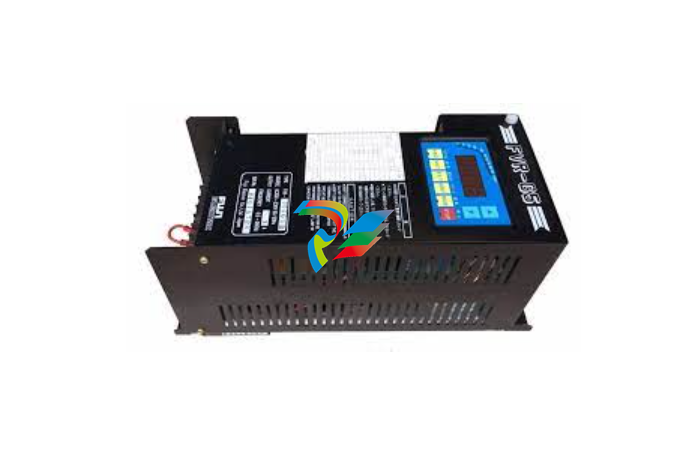
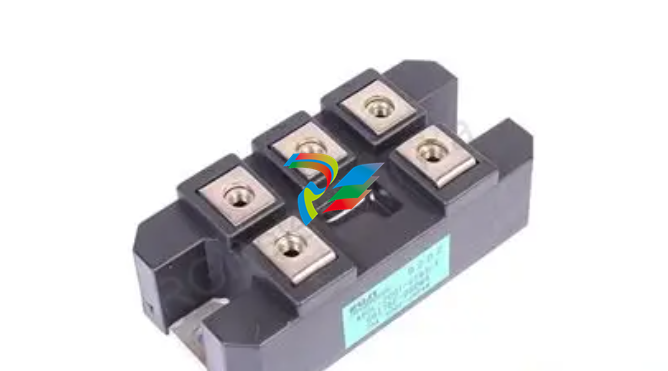
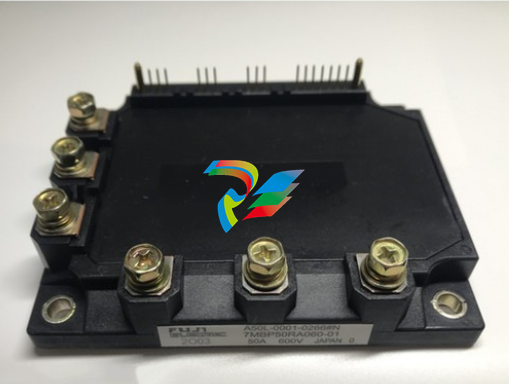
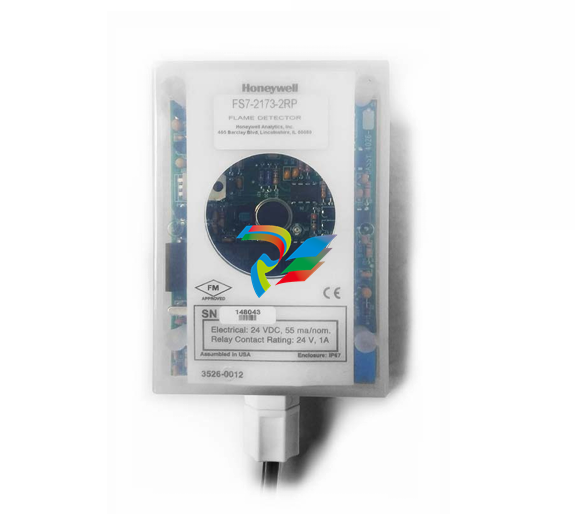
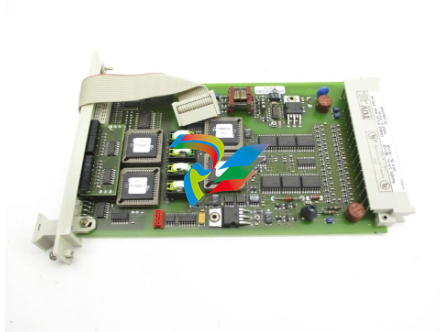
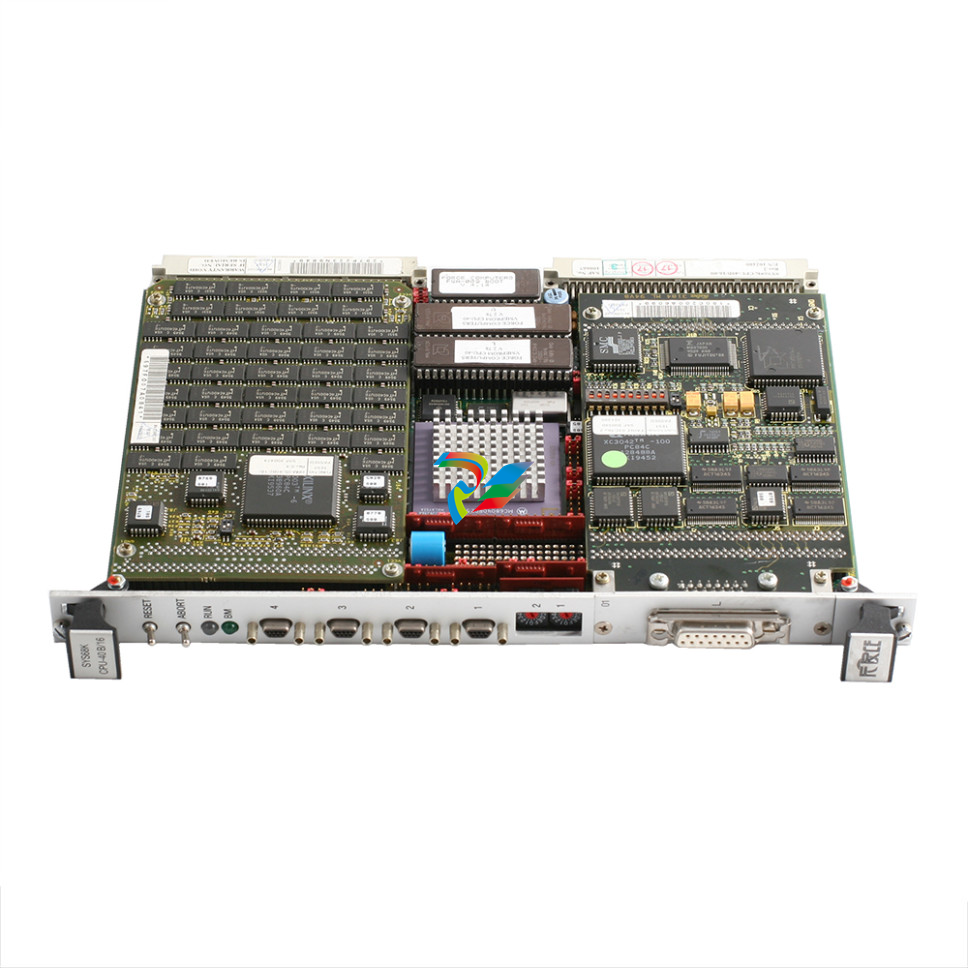
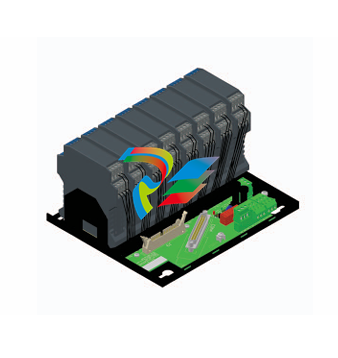
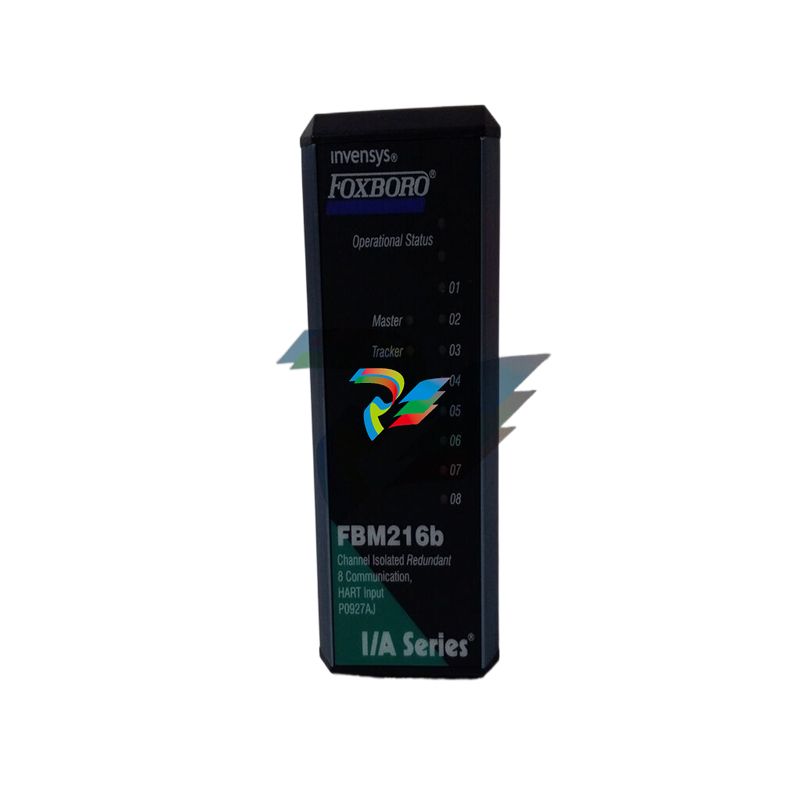
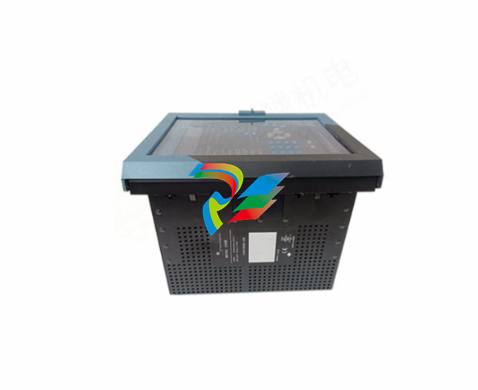
.jpg)
.jpg)
.jpg)
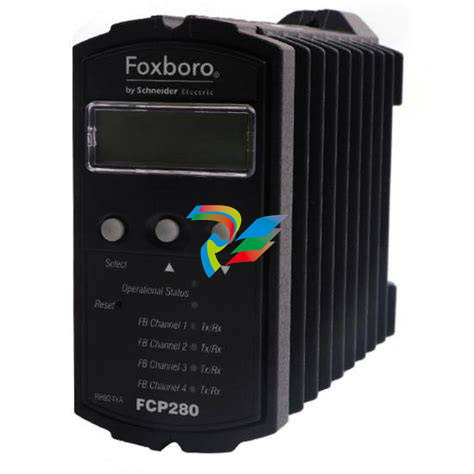
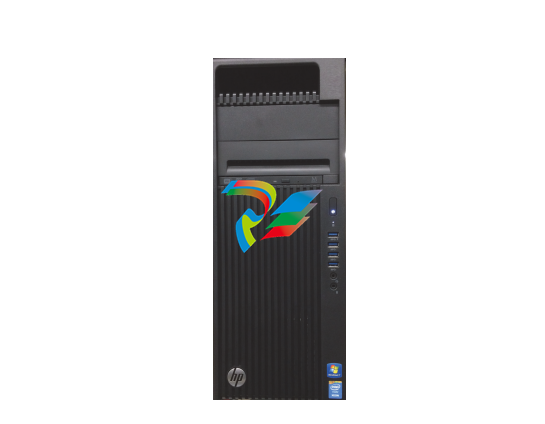
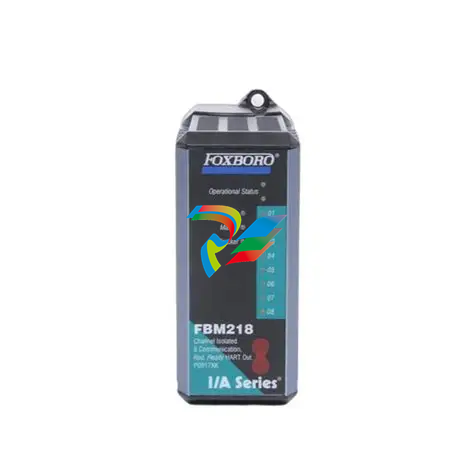
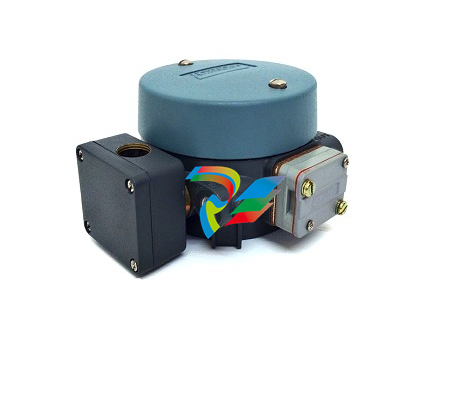
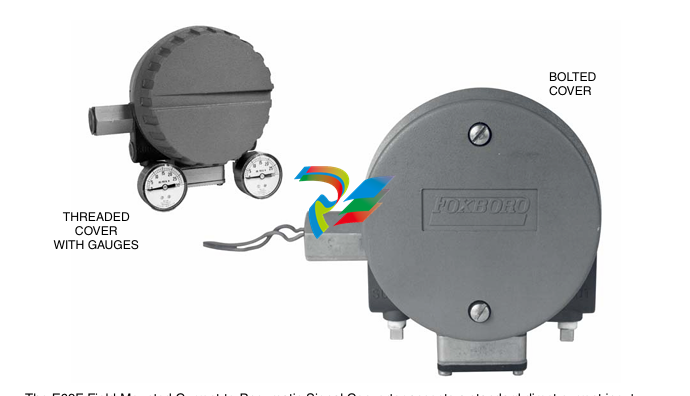
.jpg)
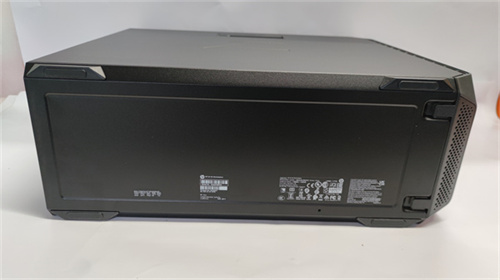
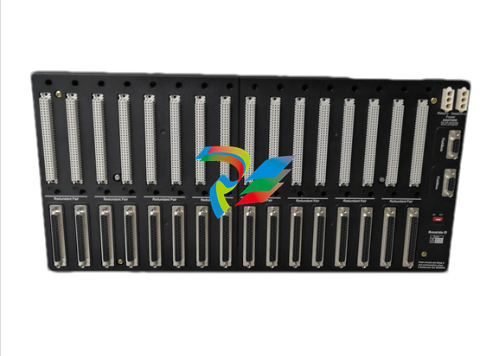
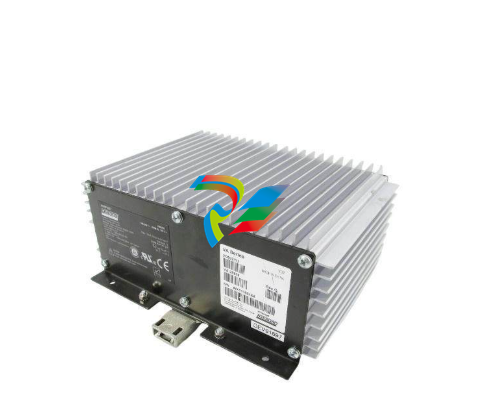
.png)
.jpg)
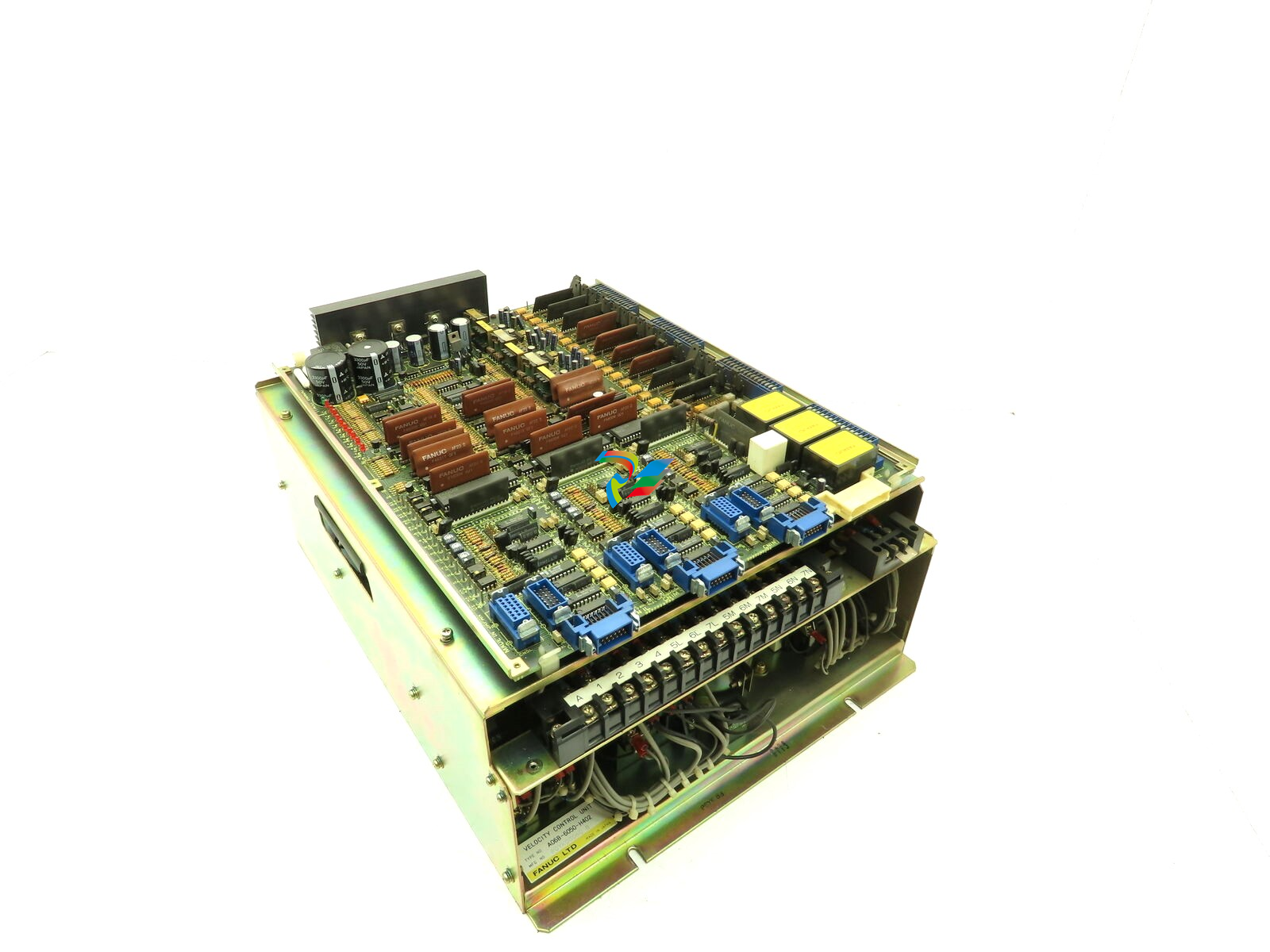
.jpg)
_lVjBYb.jpg)
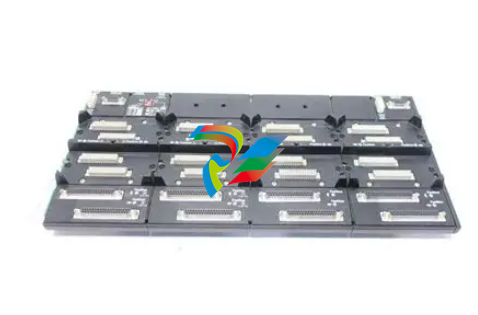
.jpg)
.jpg)
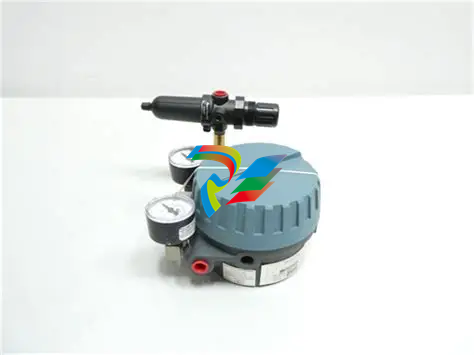
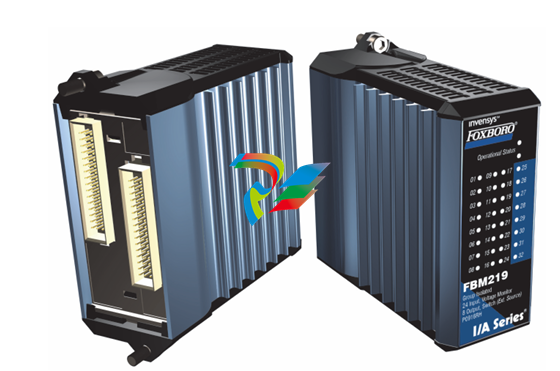
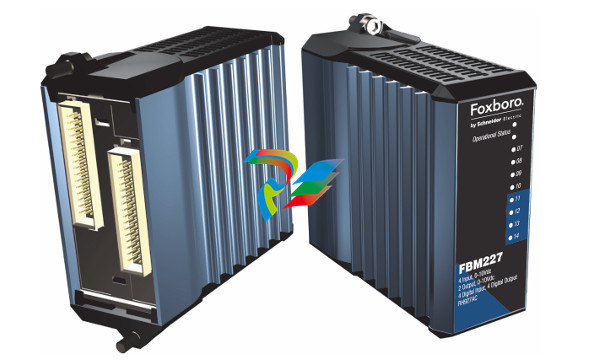
.jpg)
.jpg)
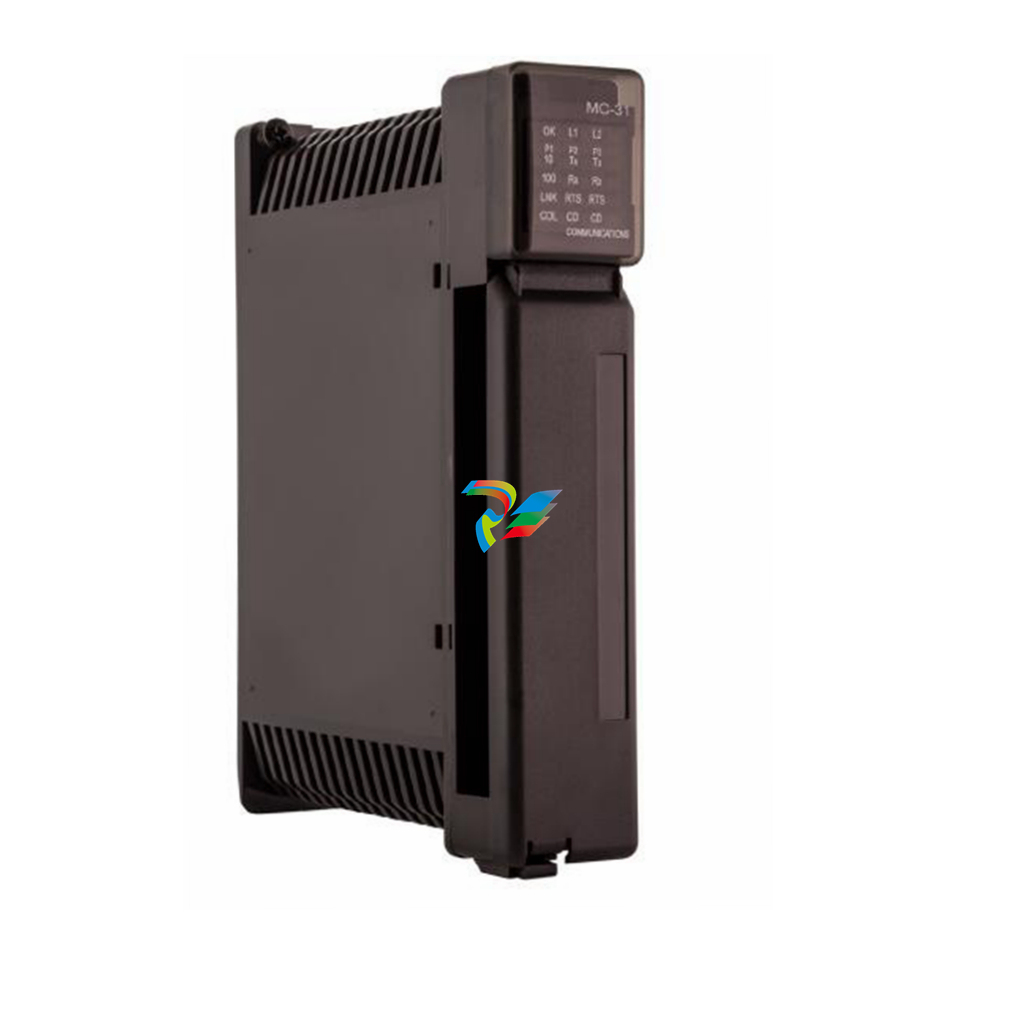
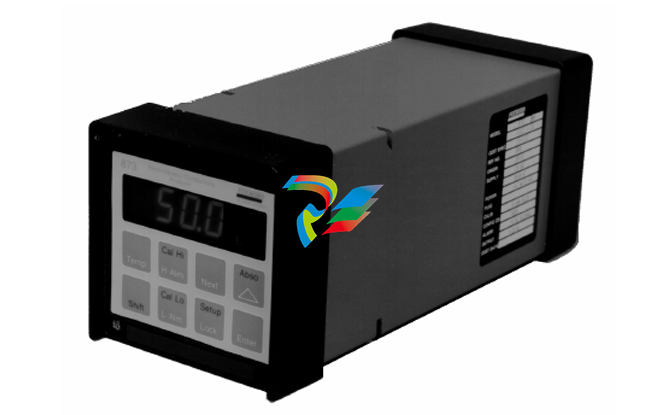
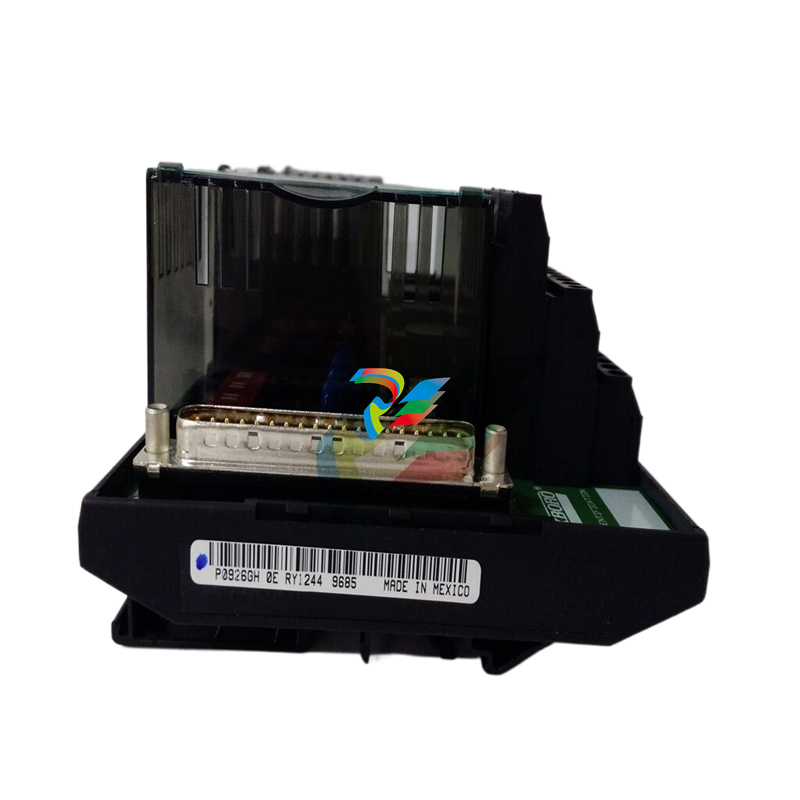
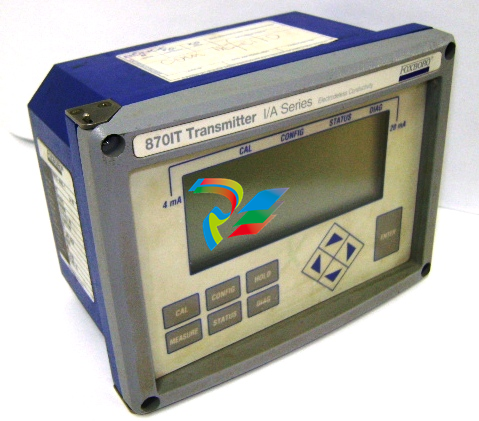
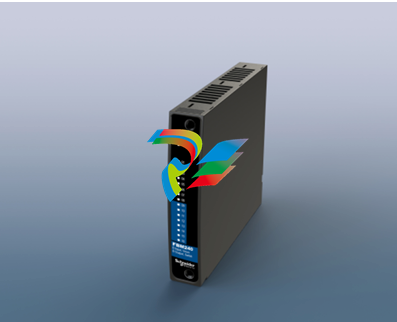
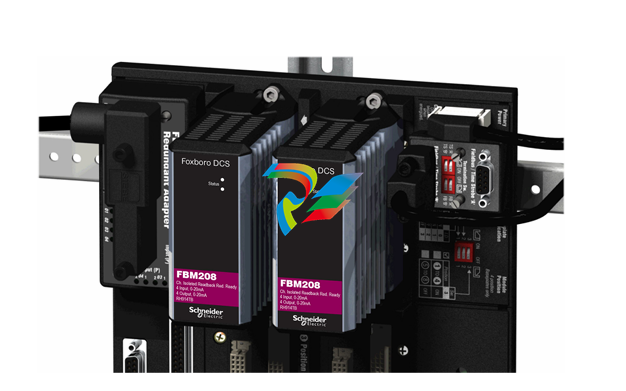
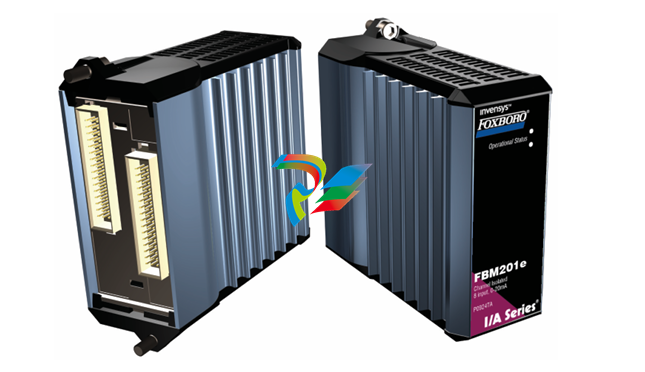
.jpg)
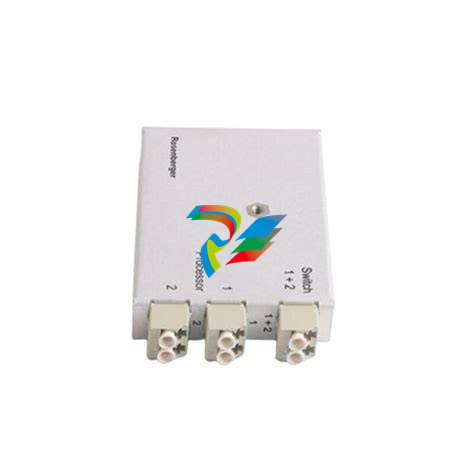
.jpg)
.jpg)
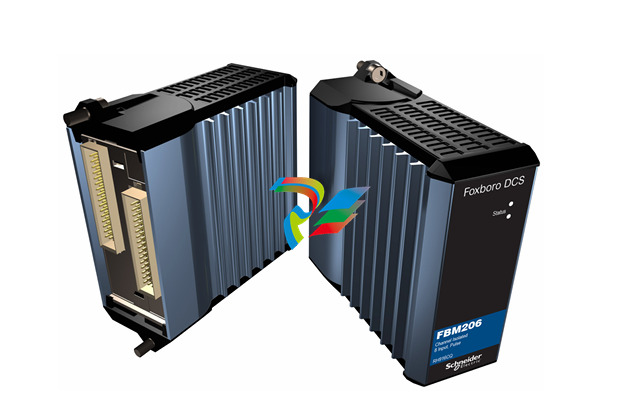
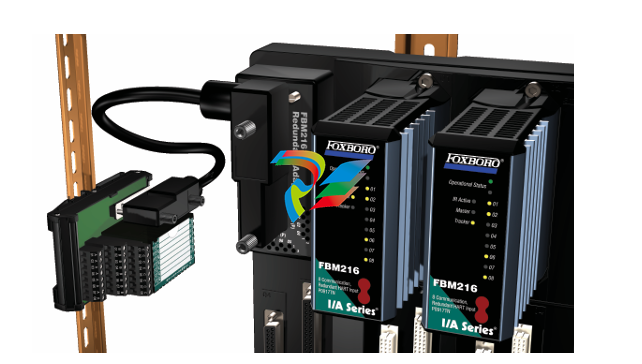
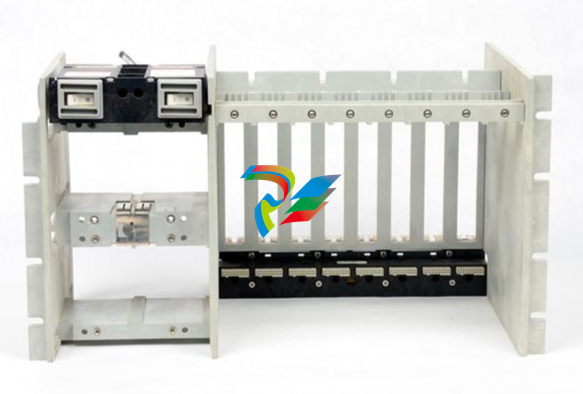
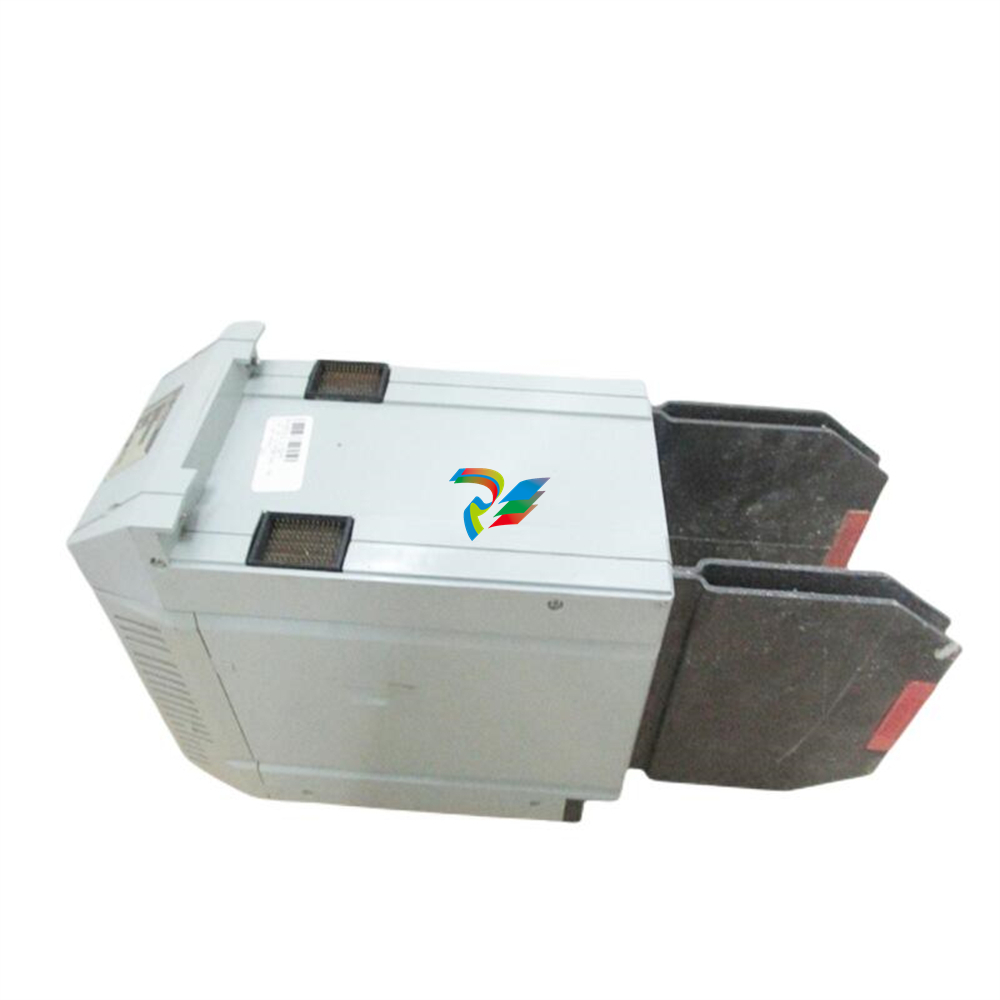
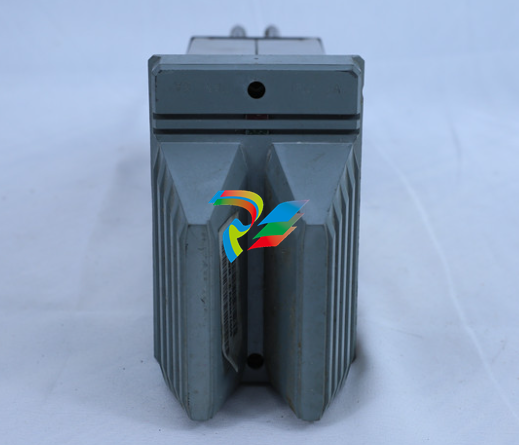
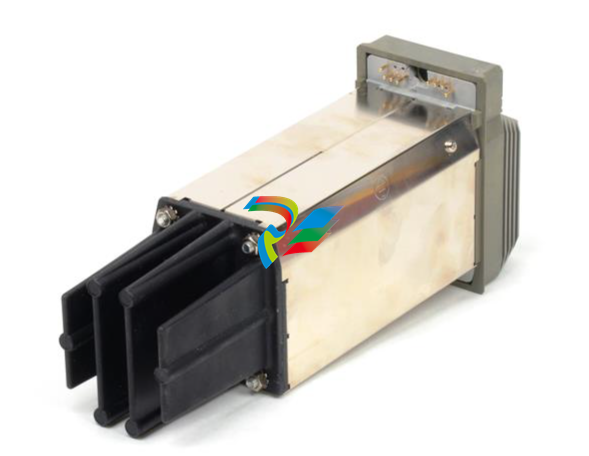
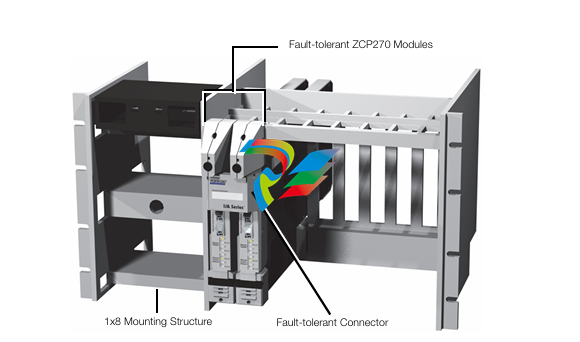
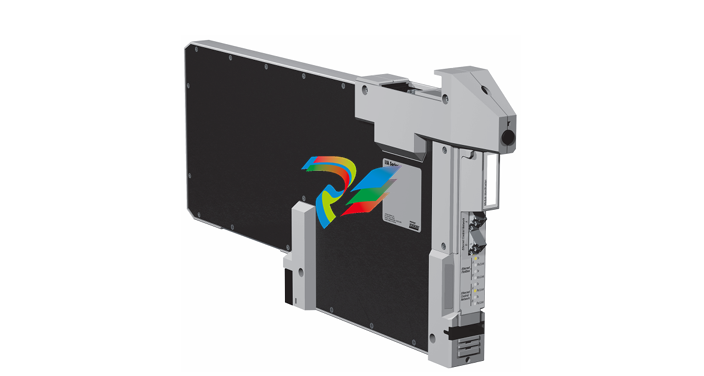
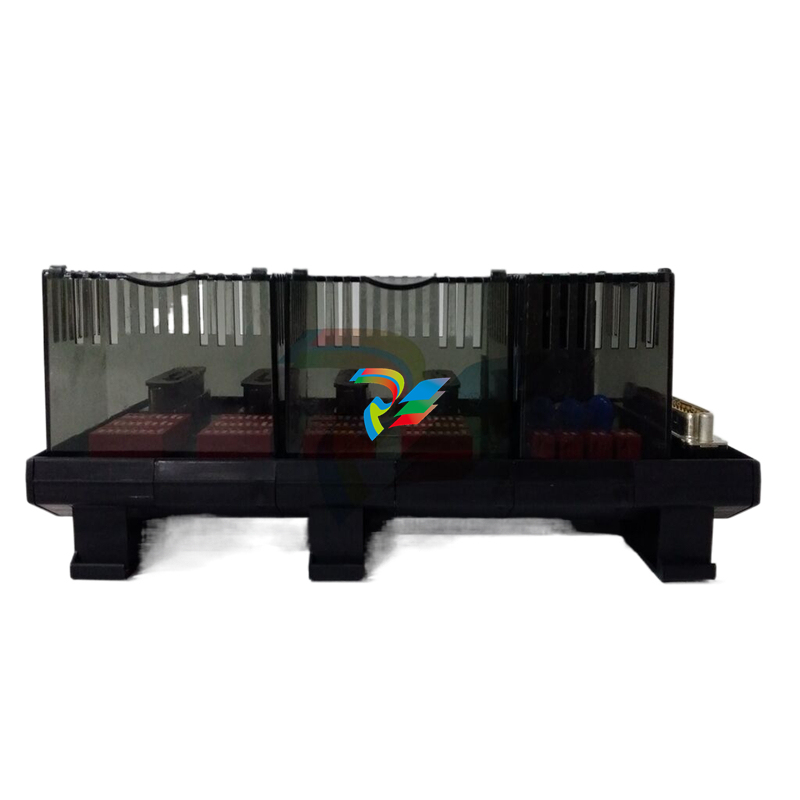
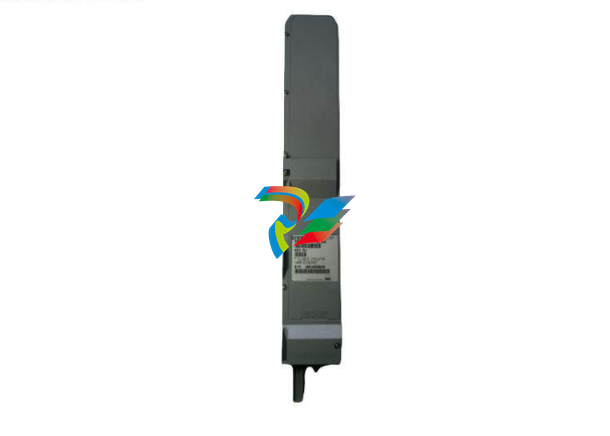
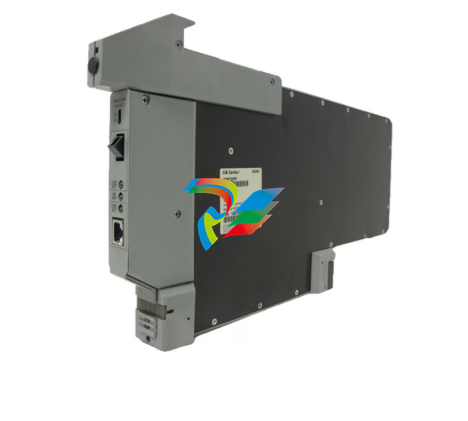
.jpg)
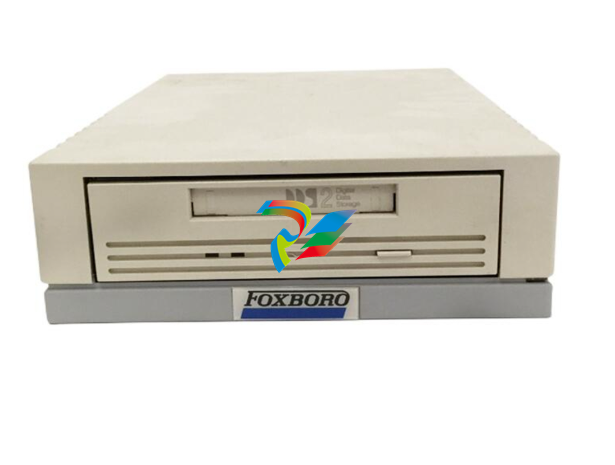
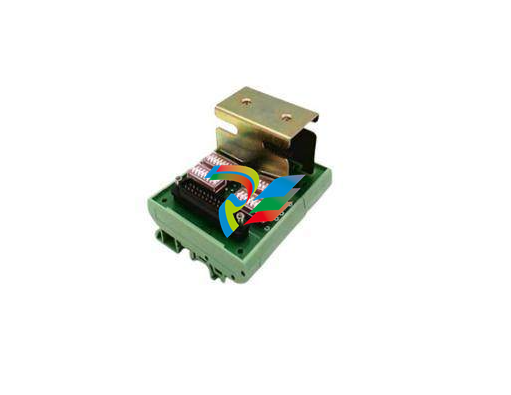
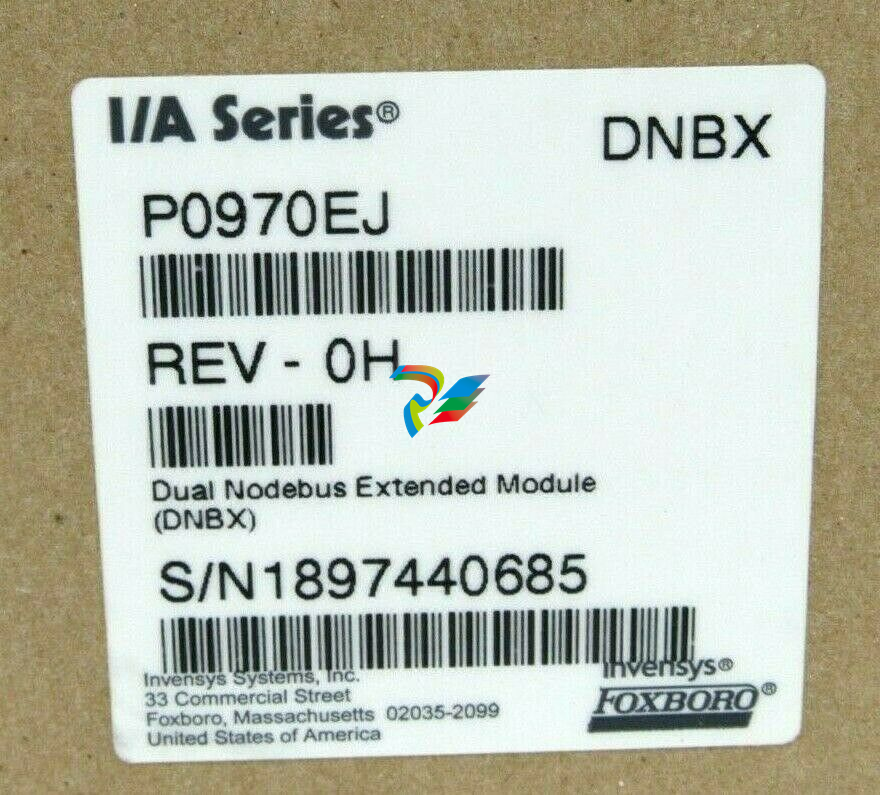
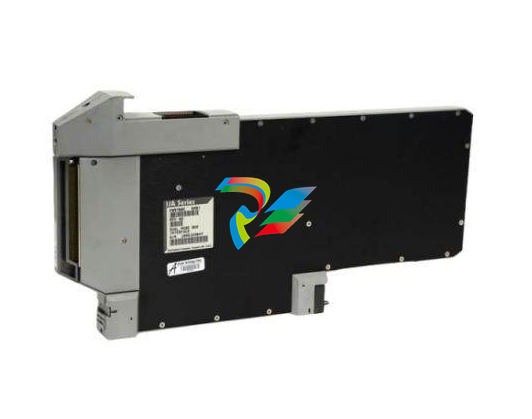
.jpg)
.jpg)
.jpg)
.jpg)
.jpg)
.jpg)
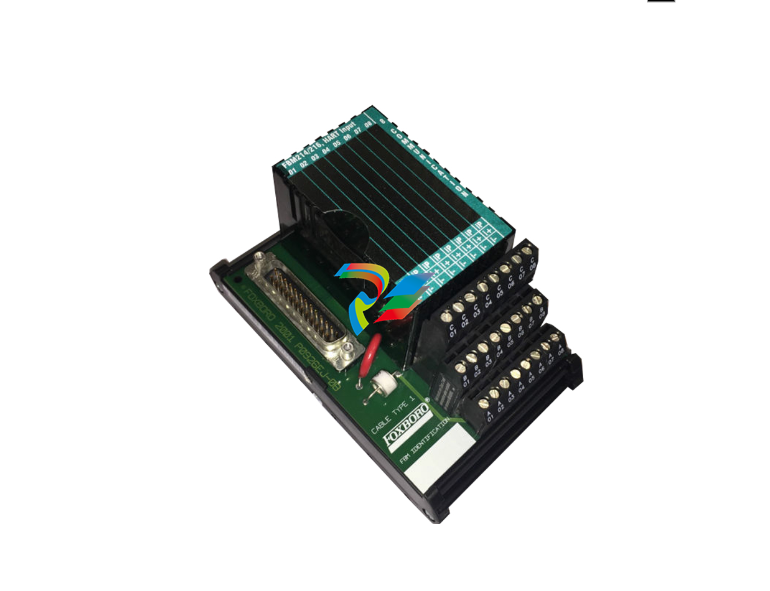
.jpg)
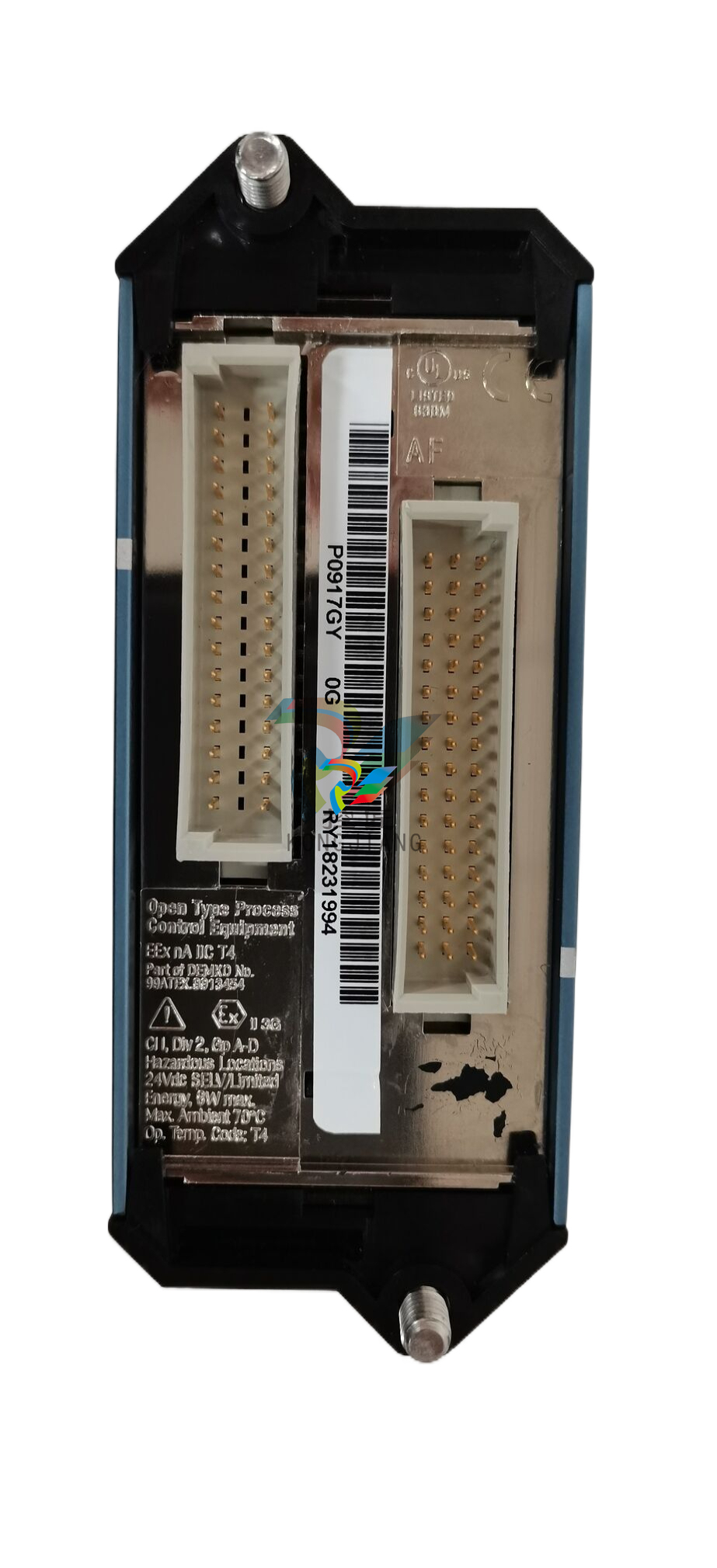
.jpg)
.jpg)
.jpg)
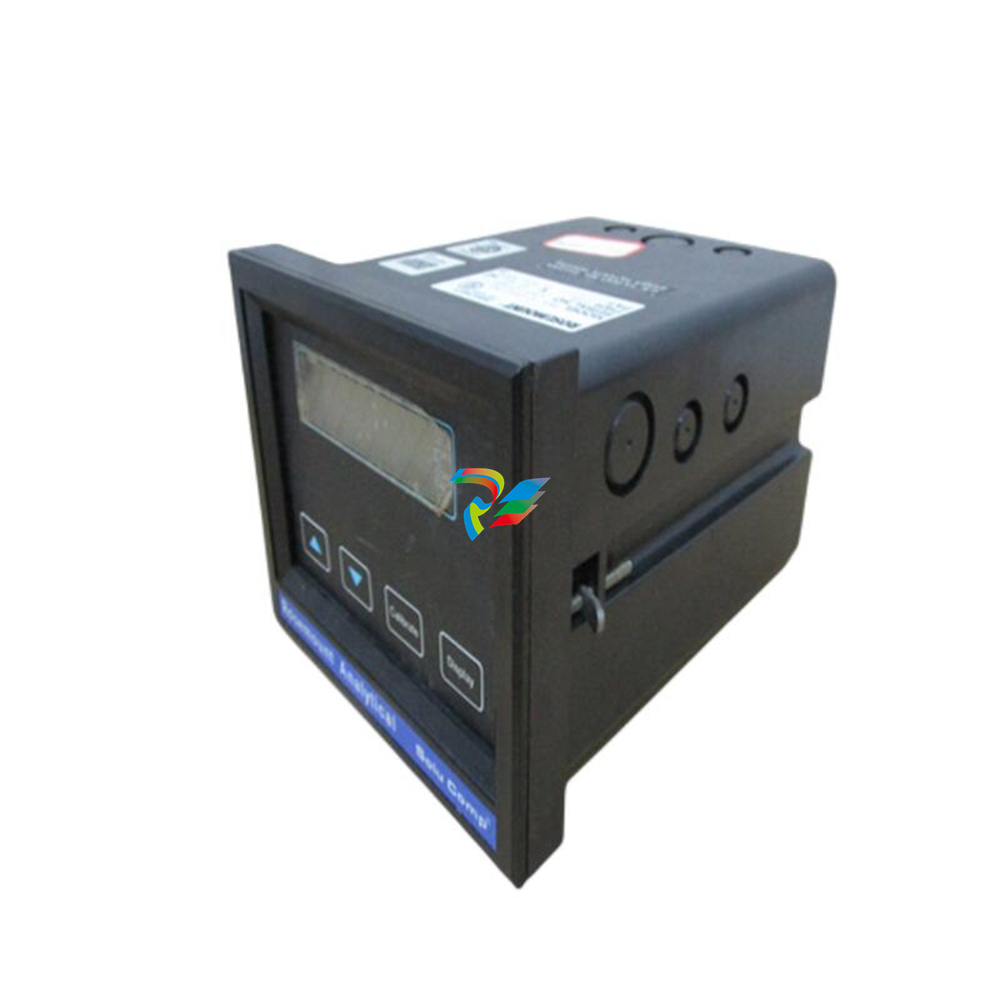
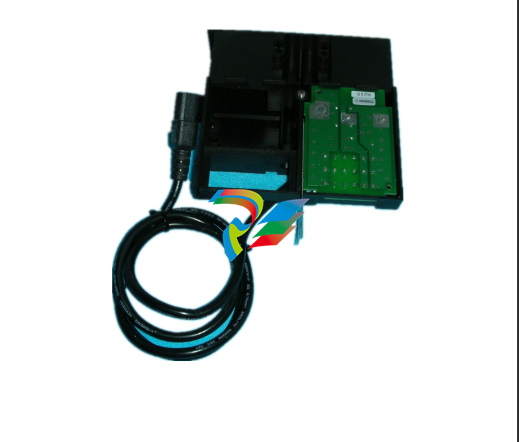
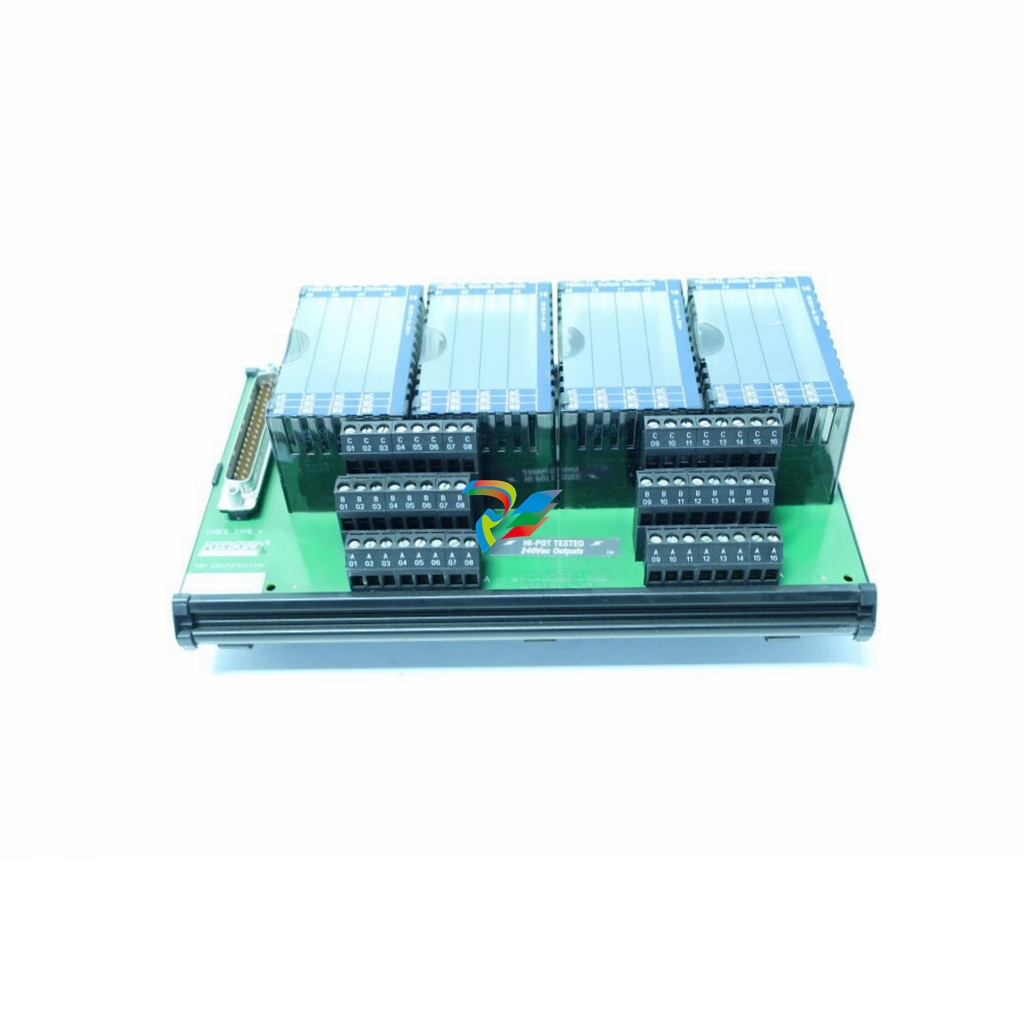
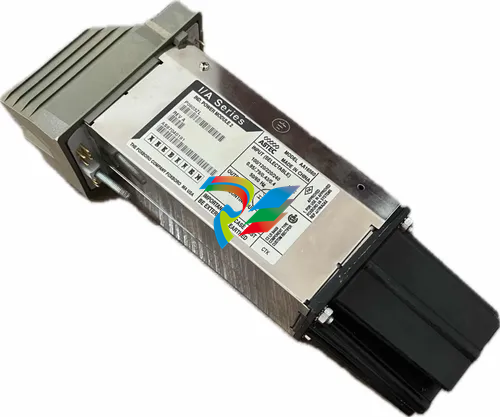
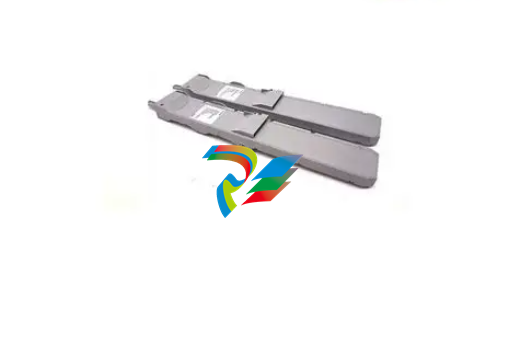
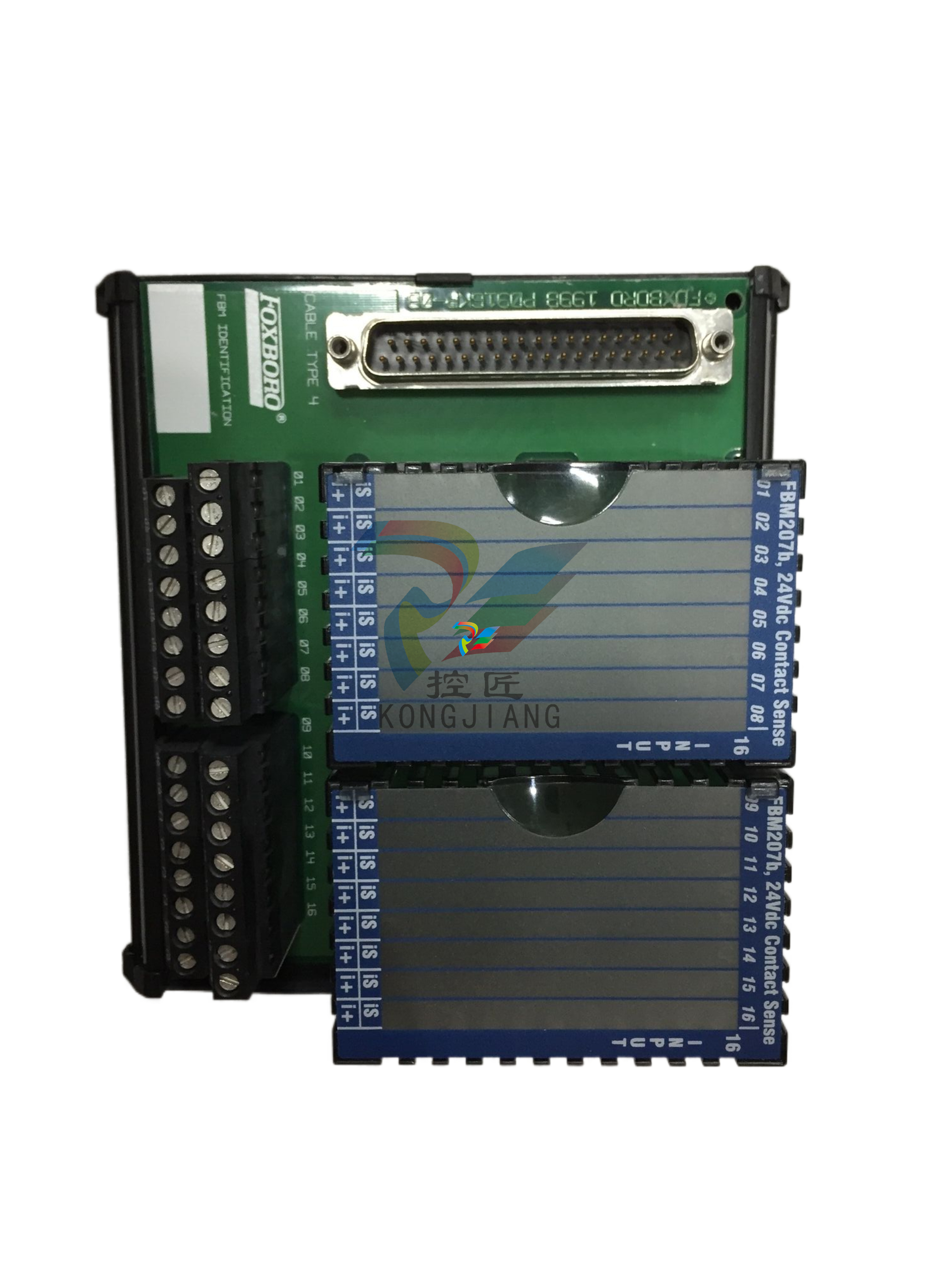
.jpg)
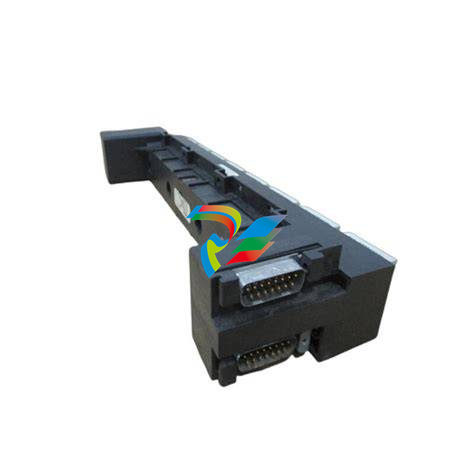
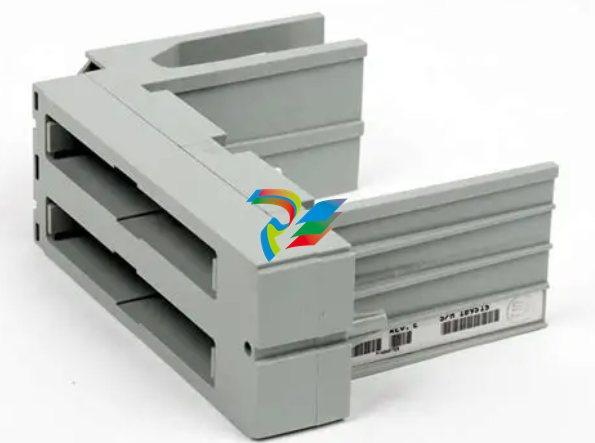
.jpg)
